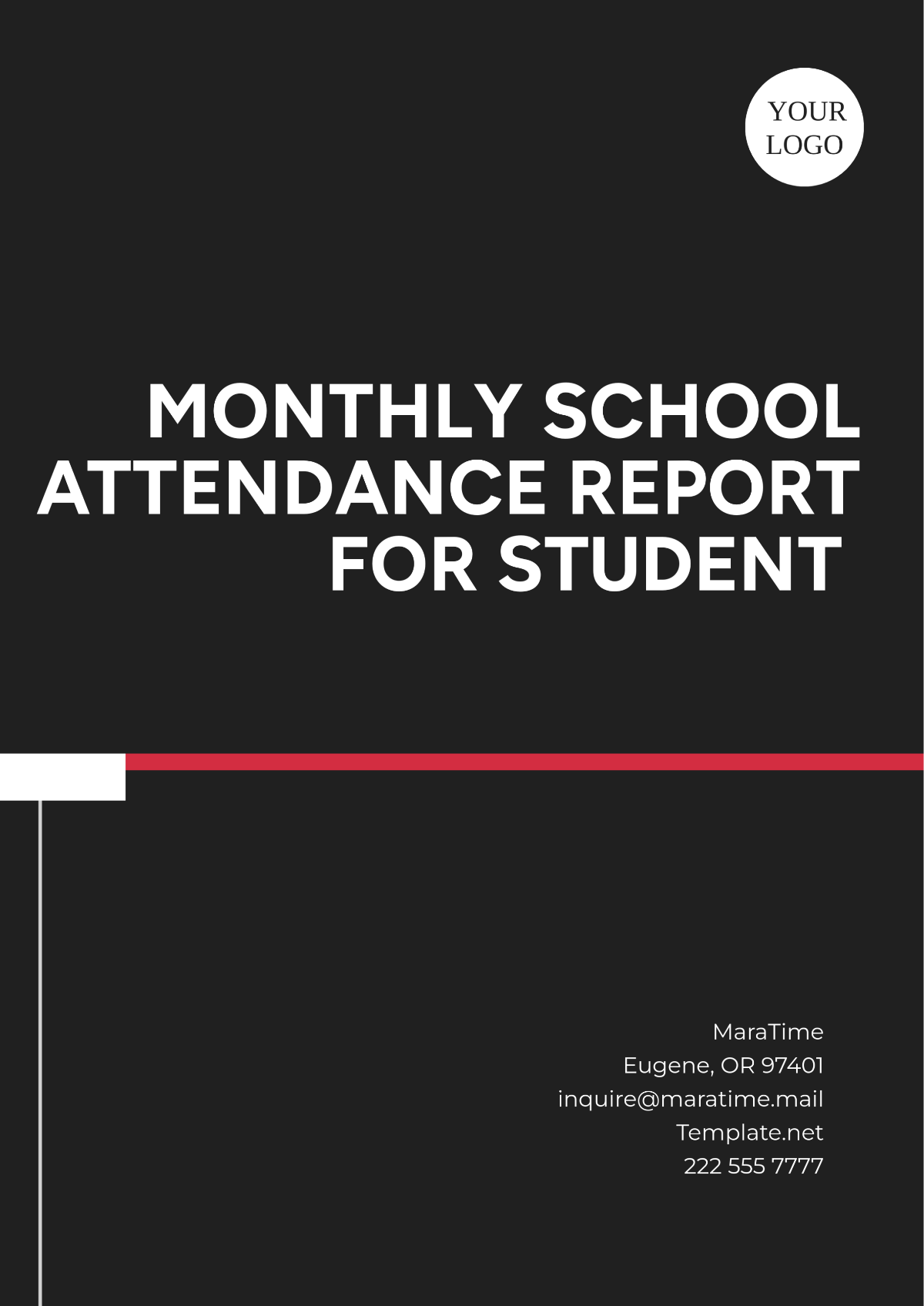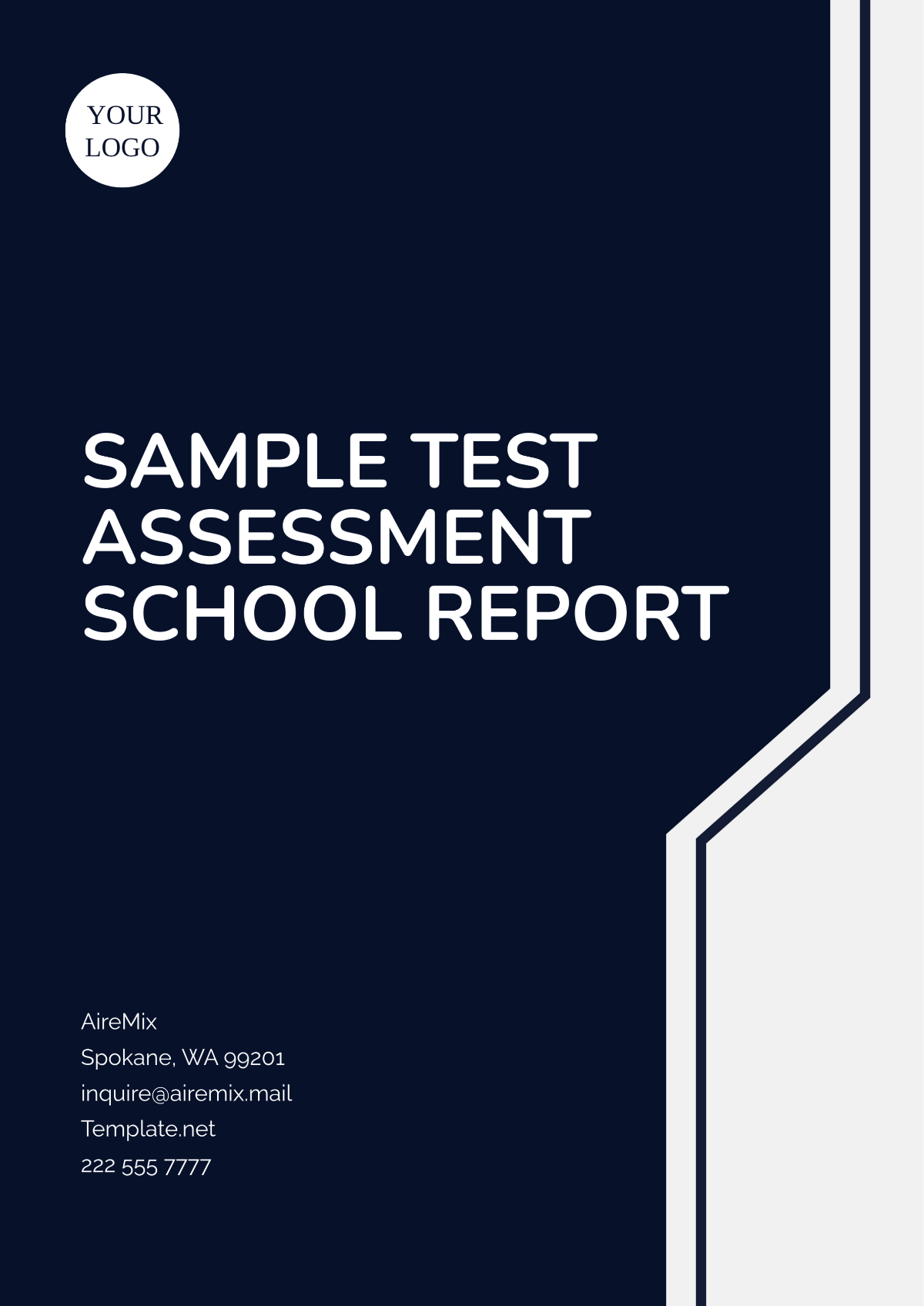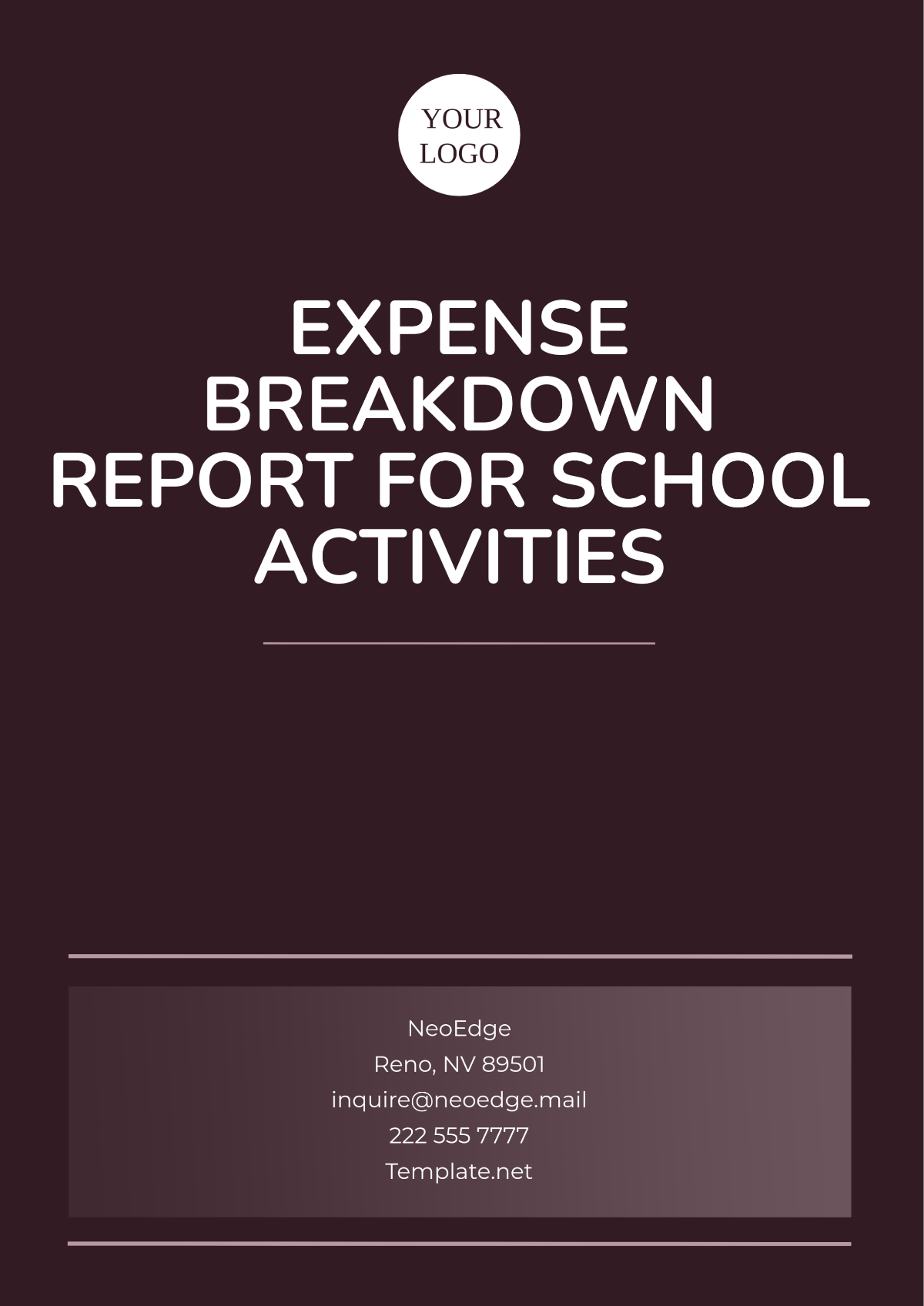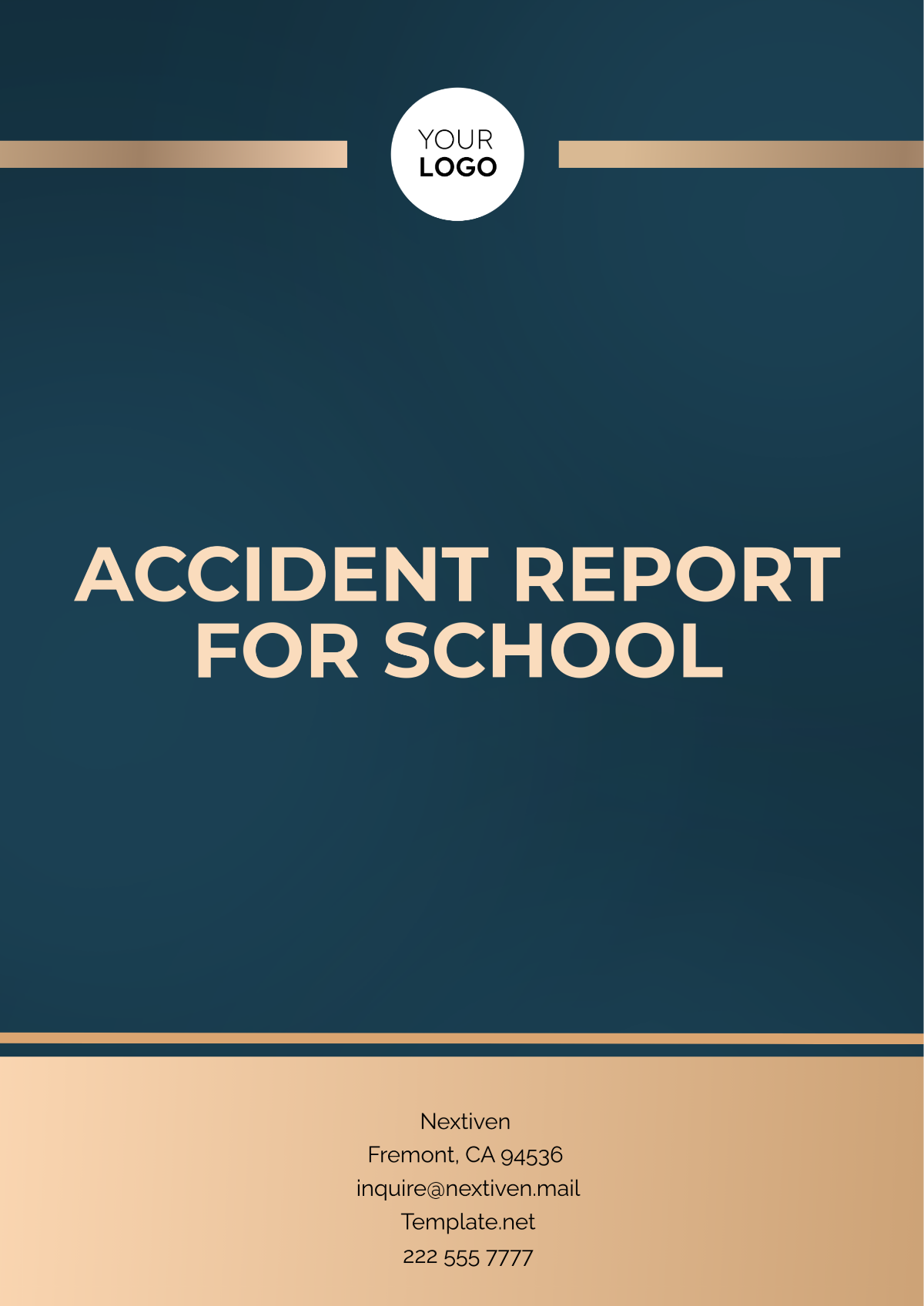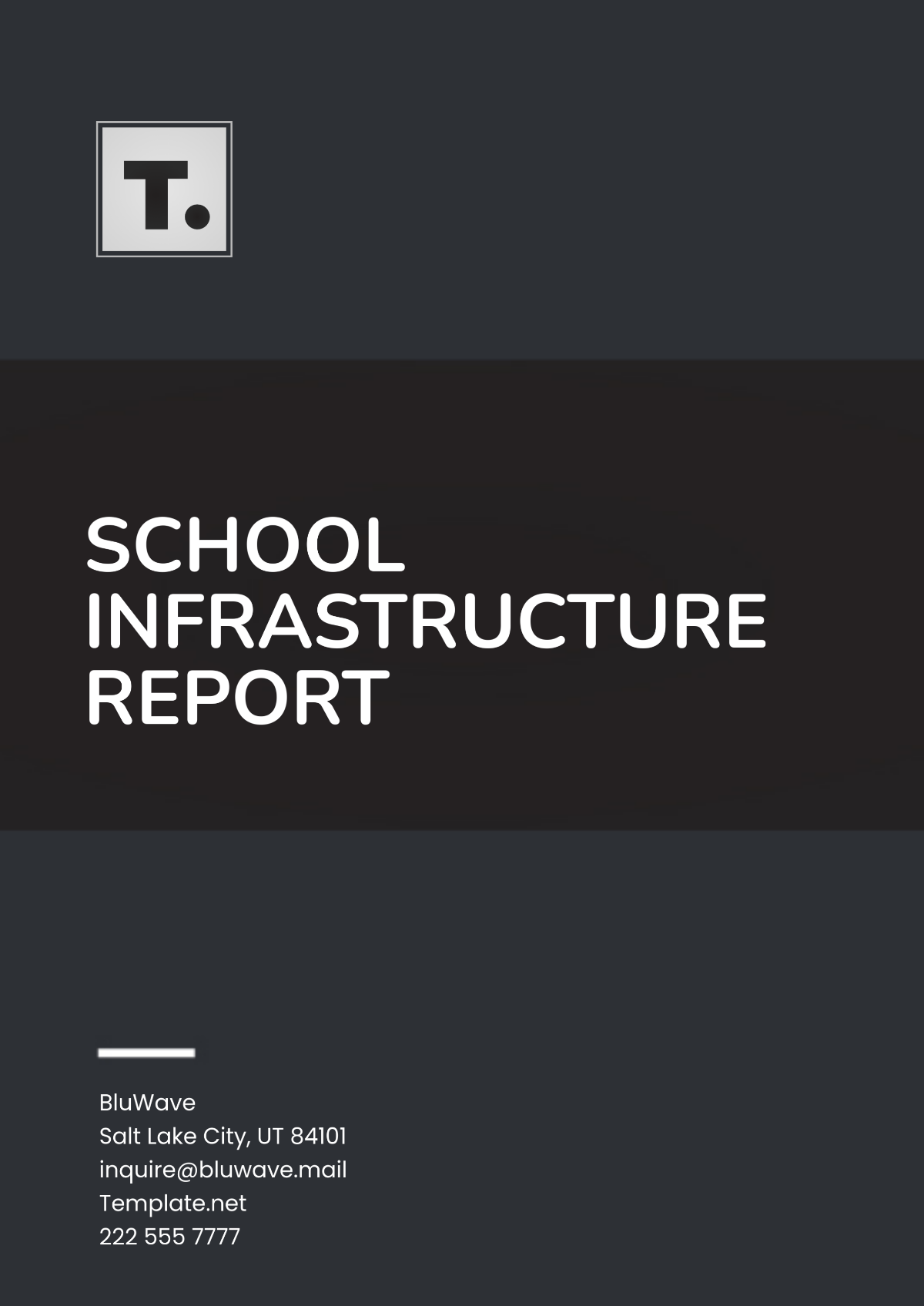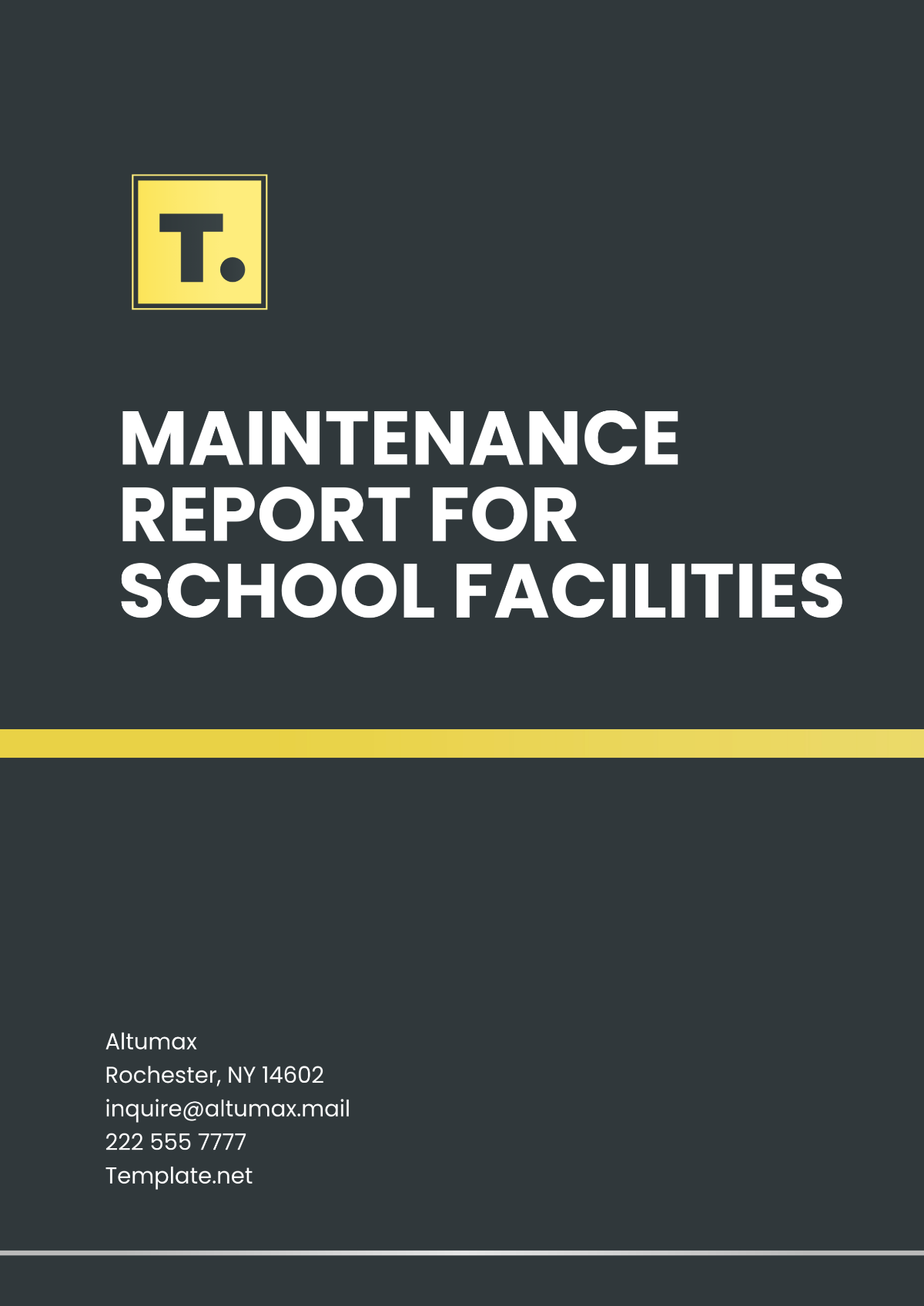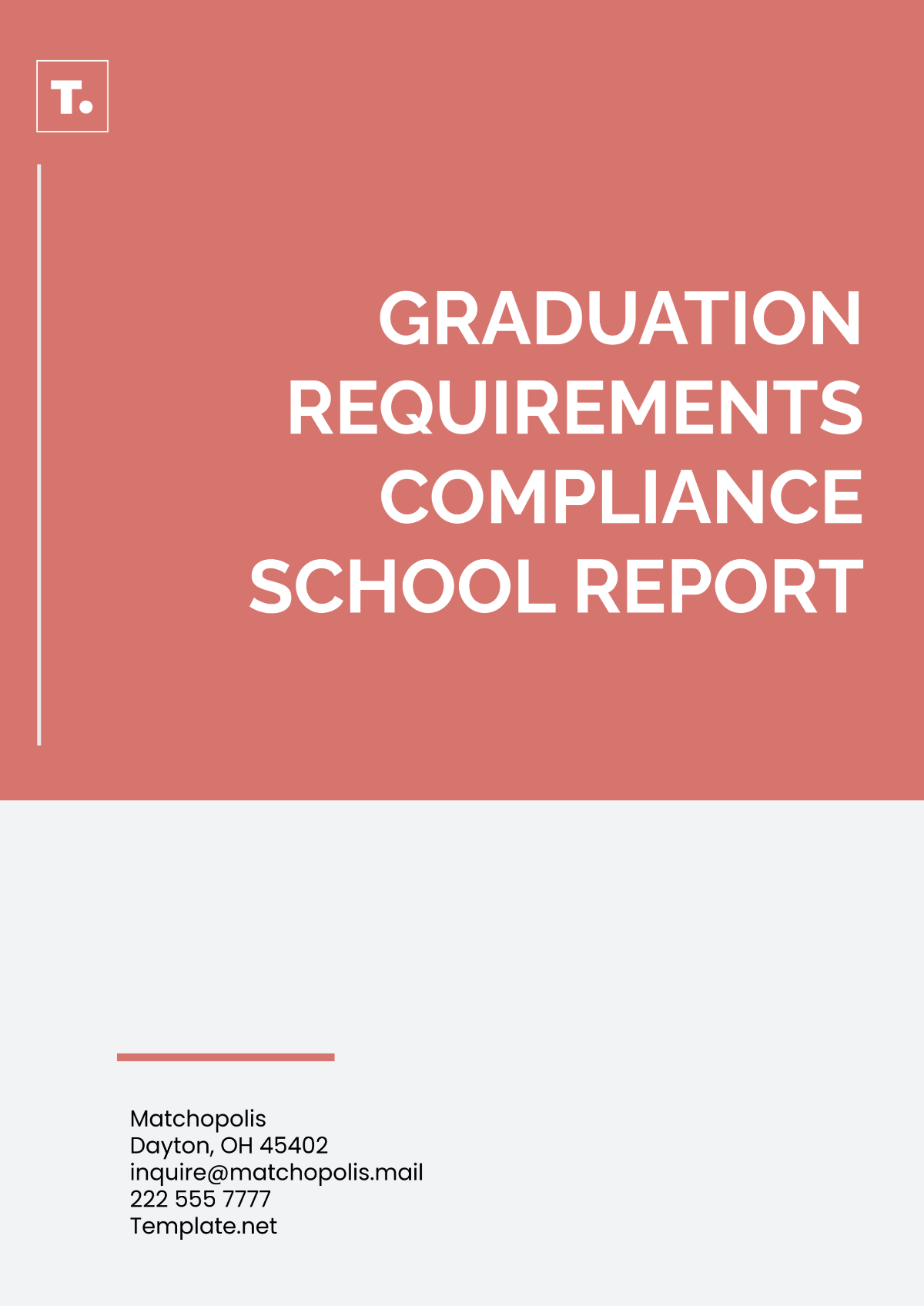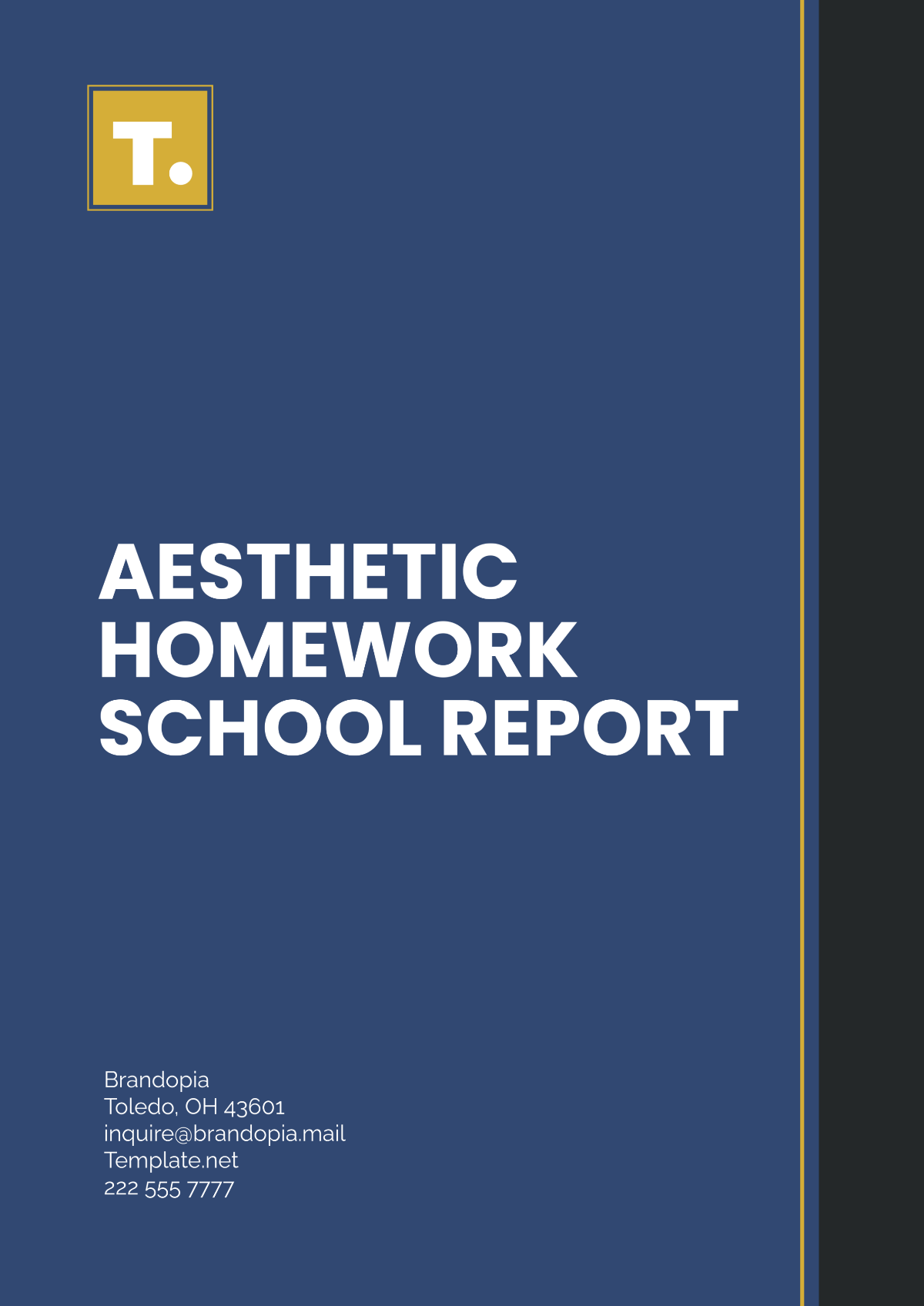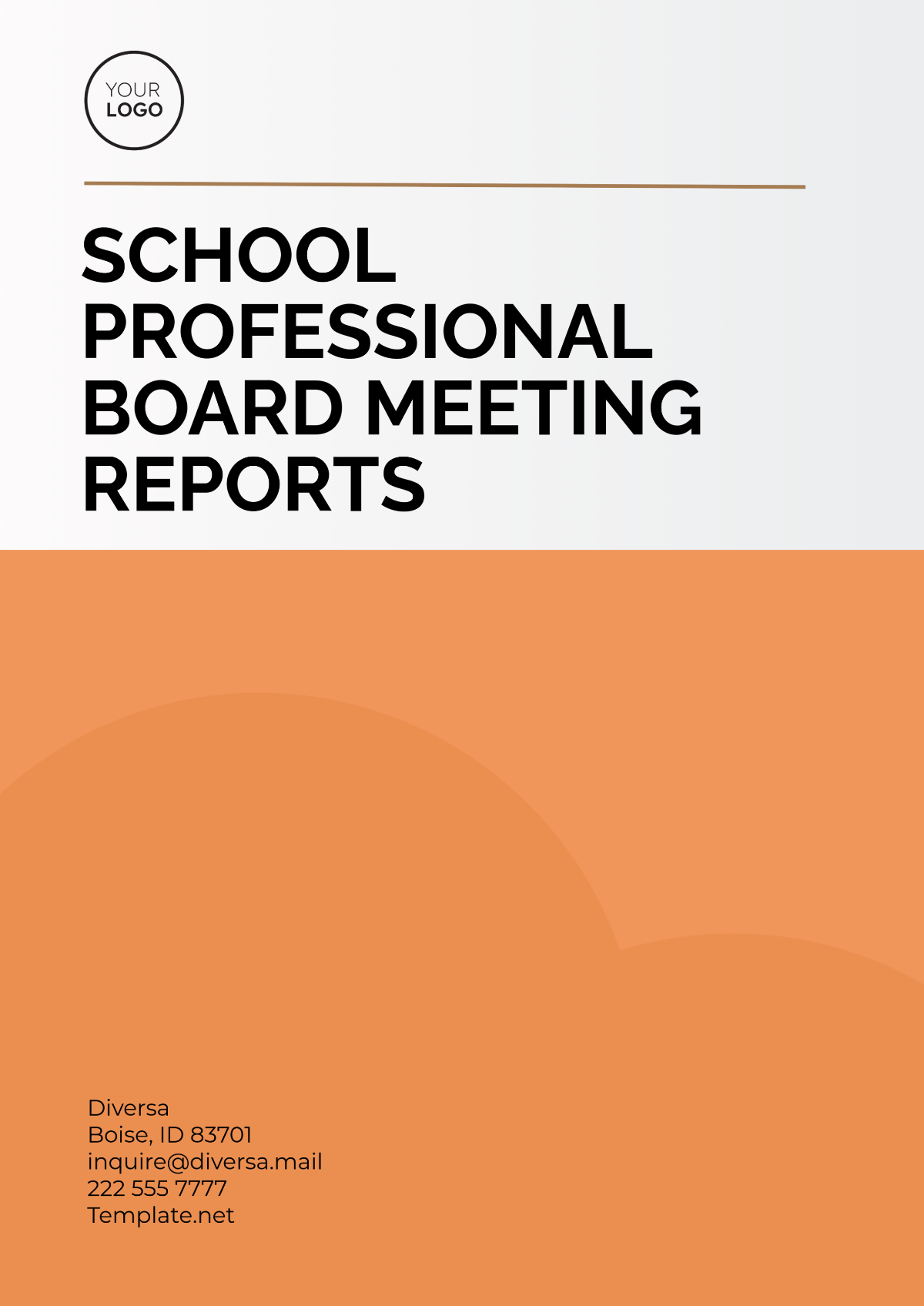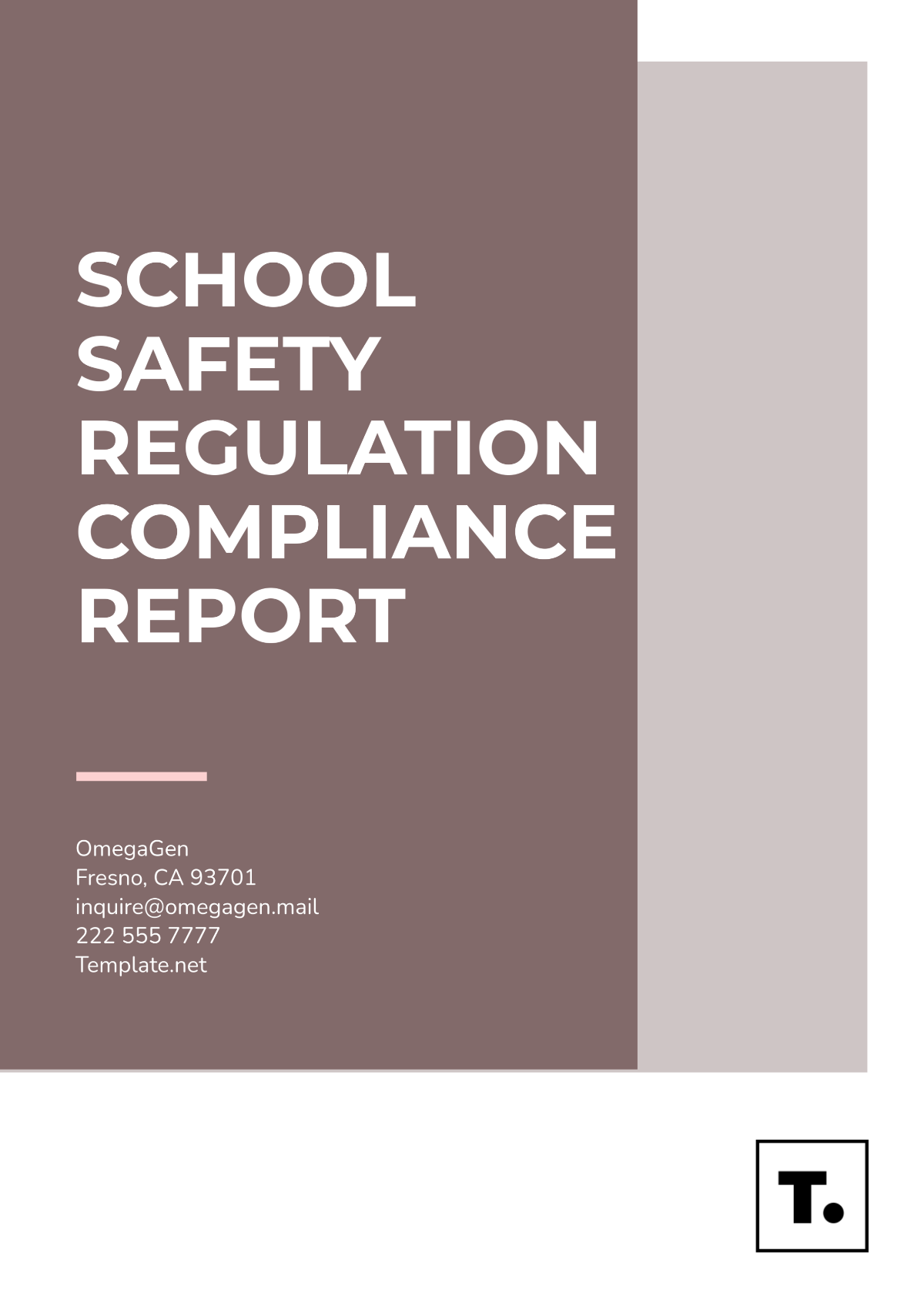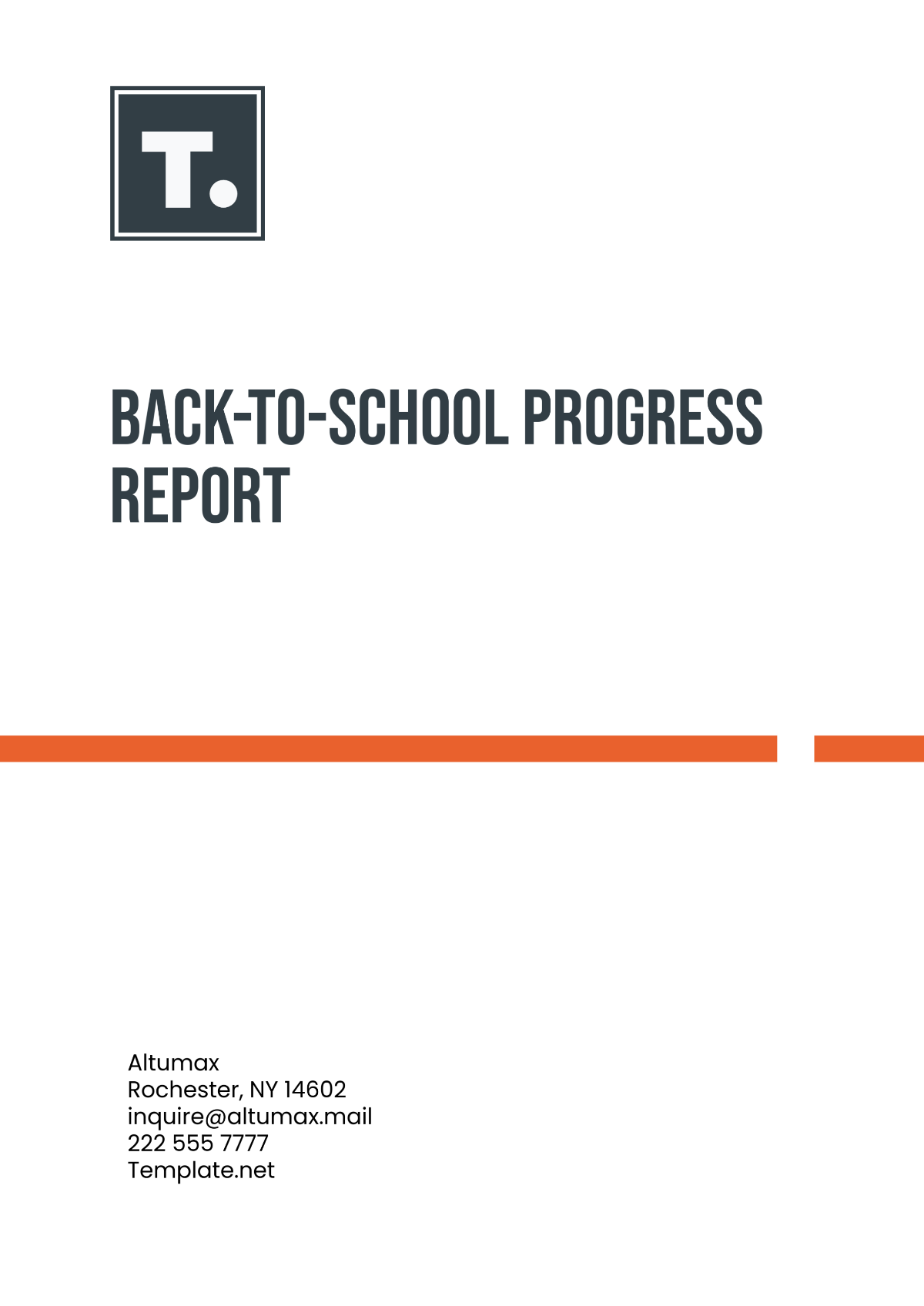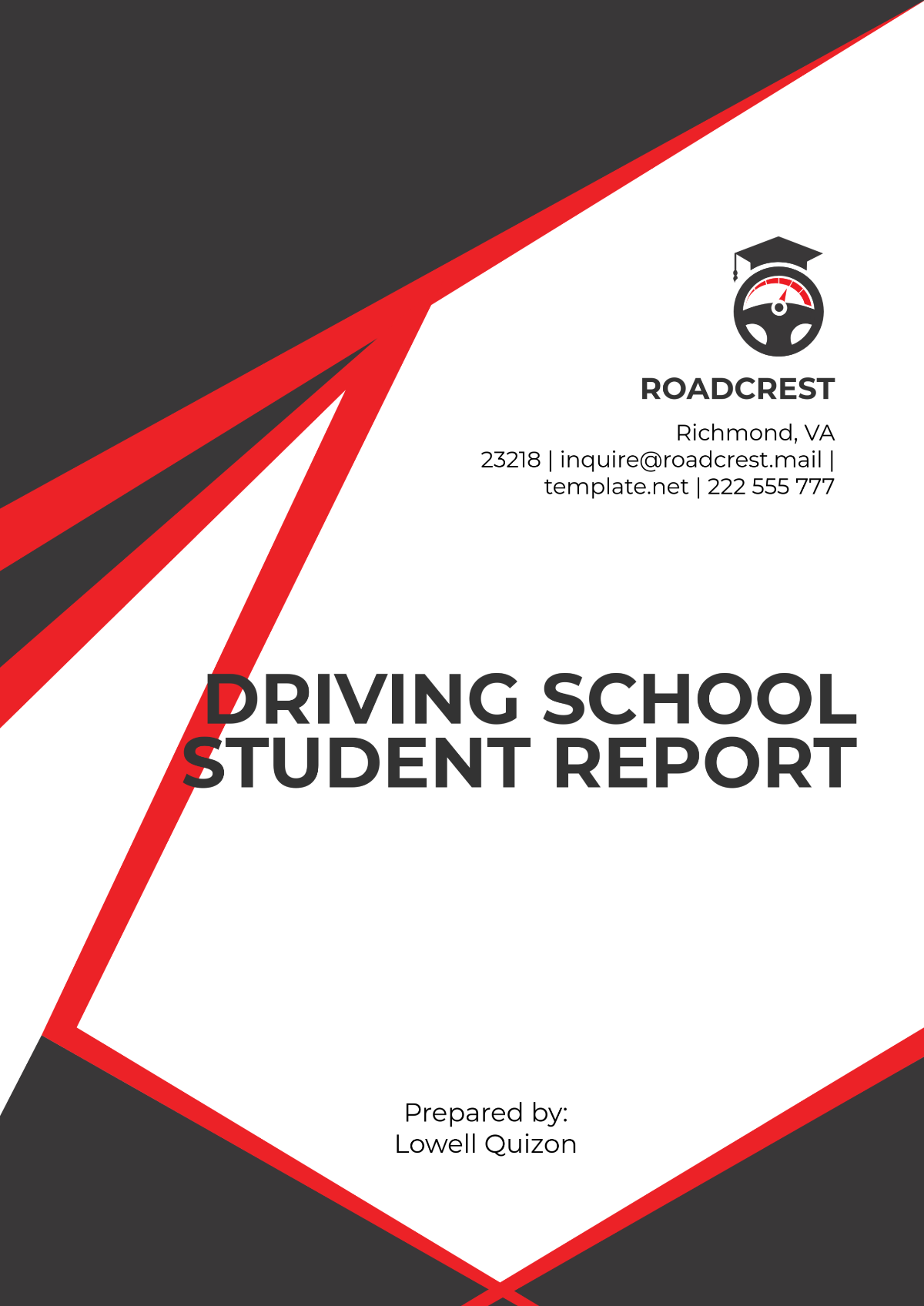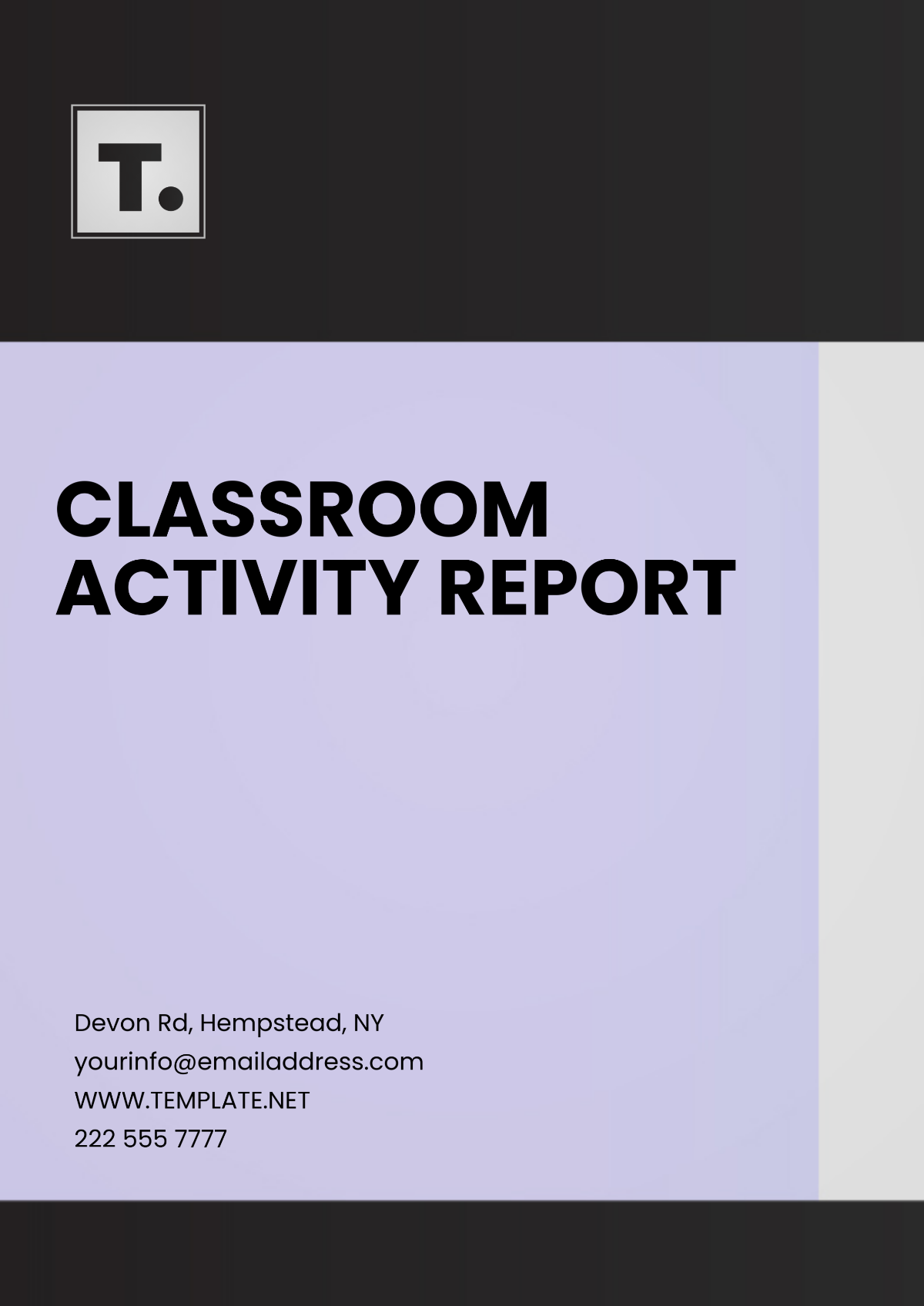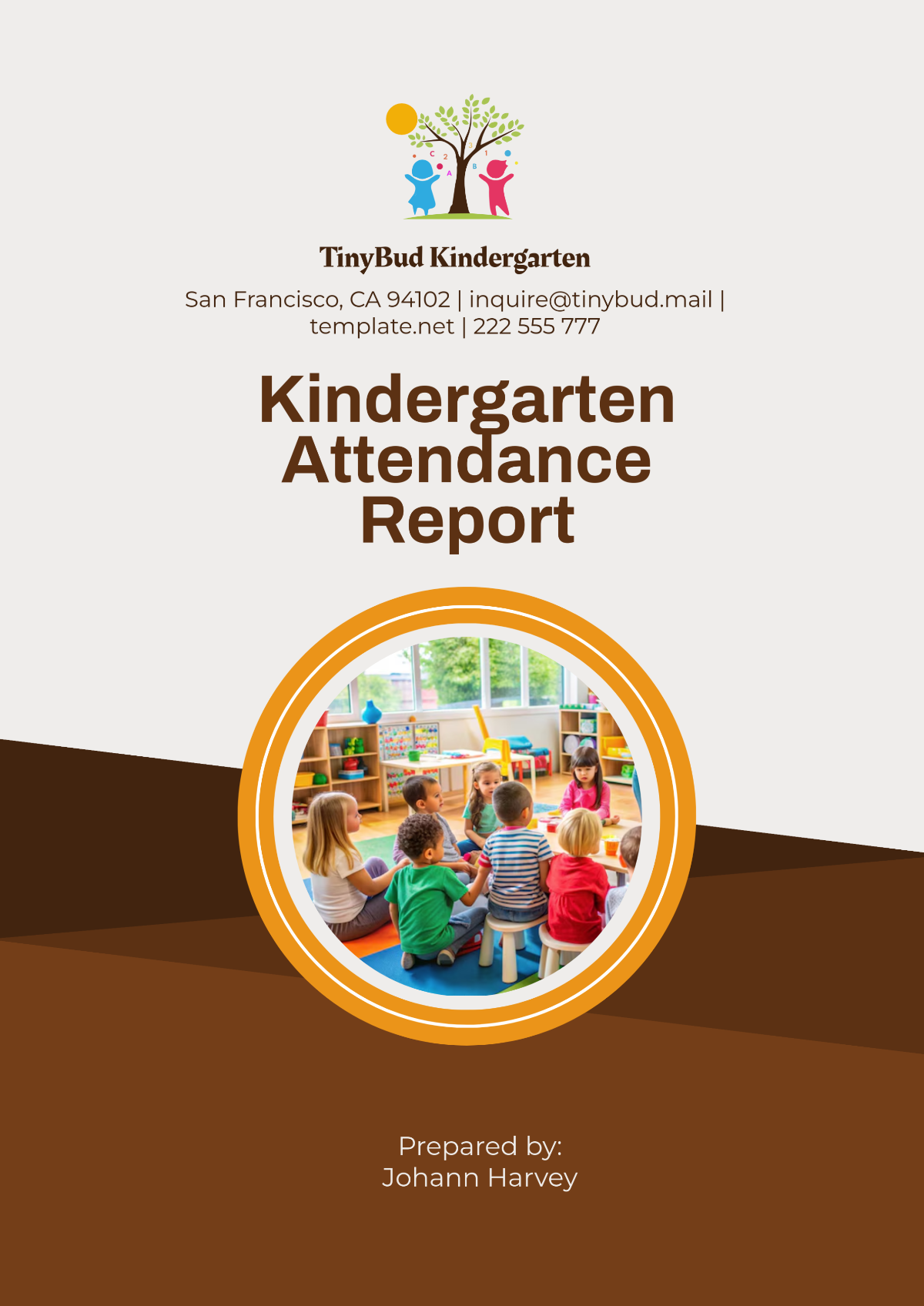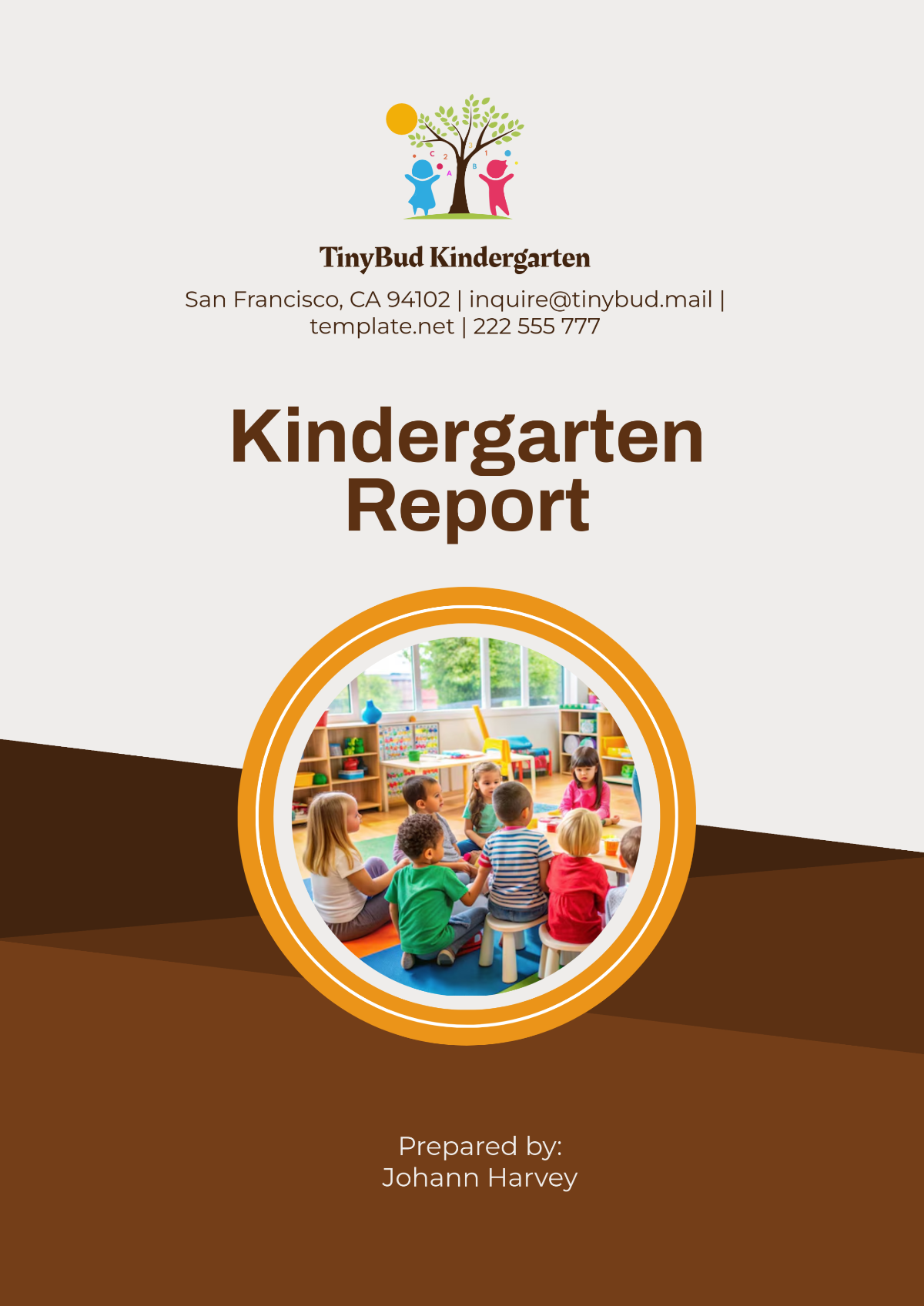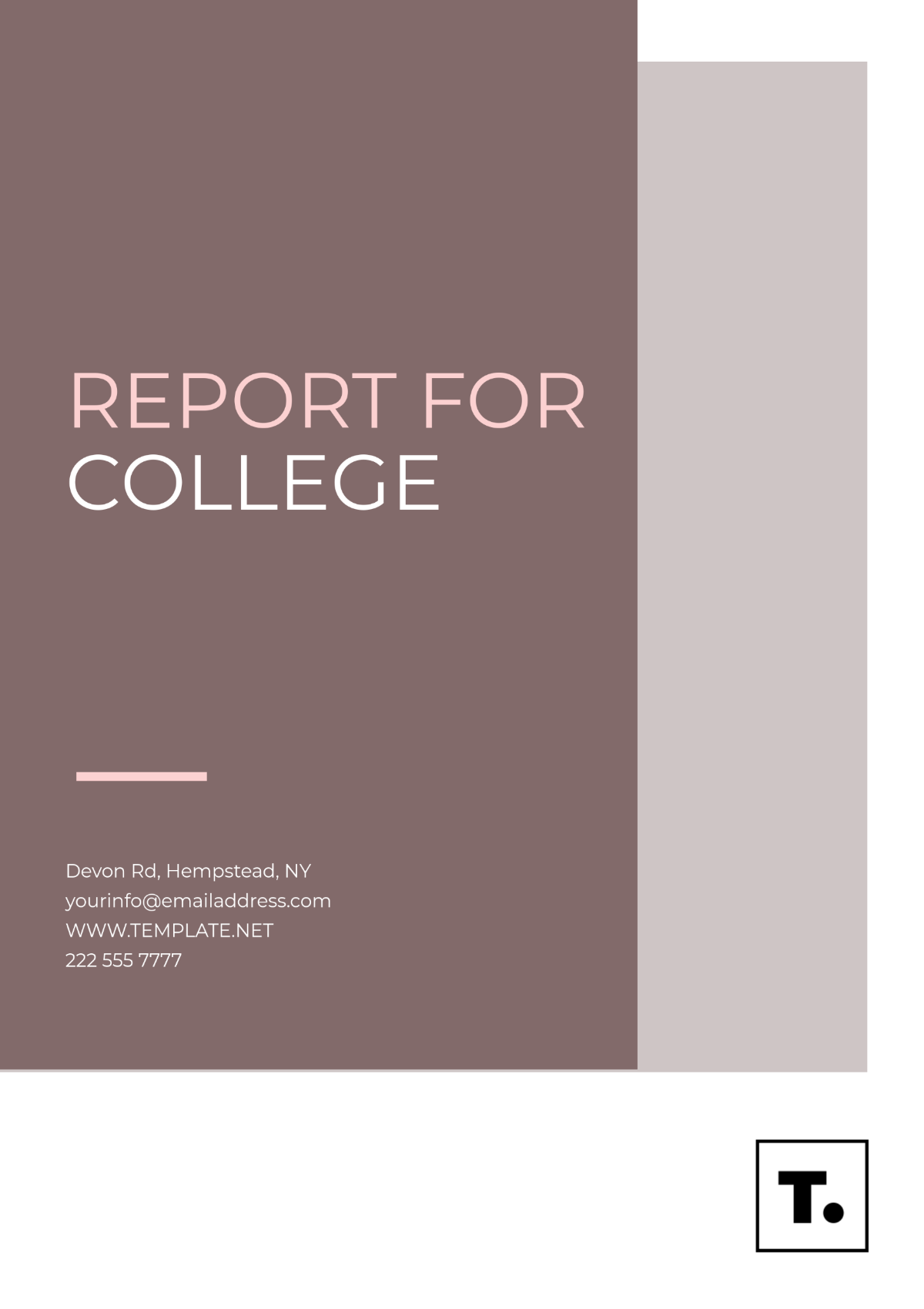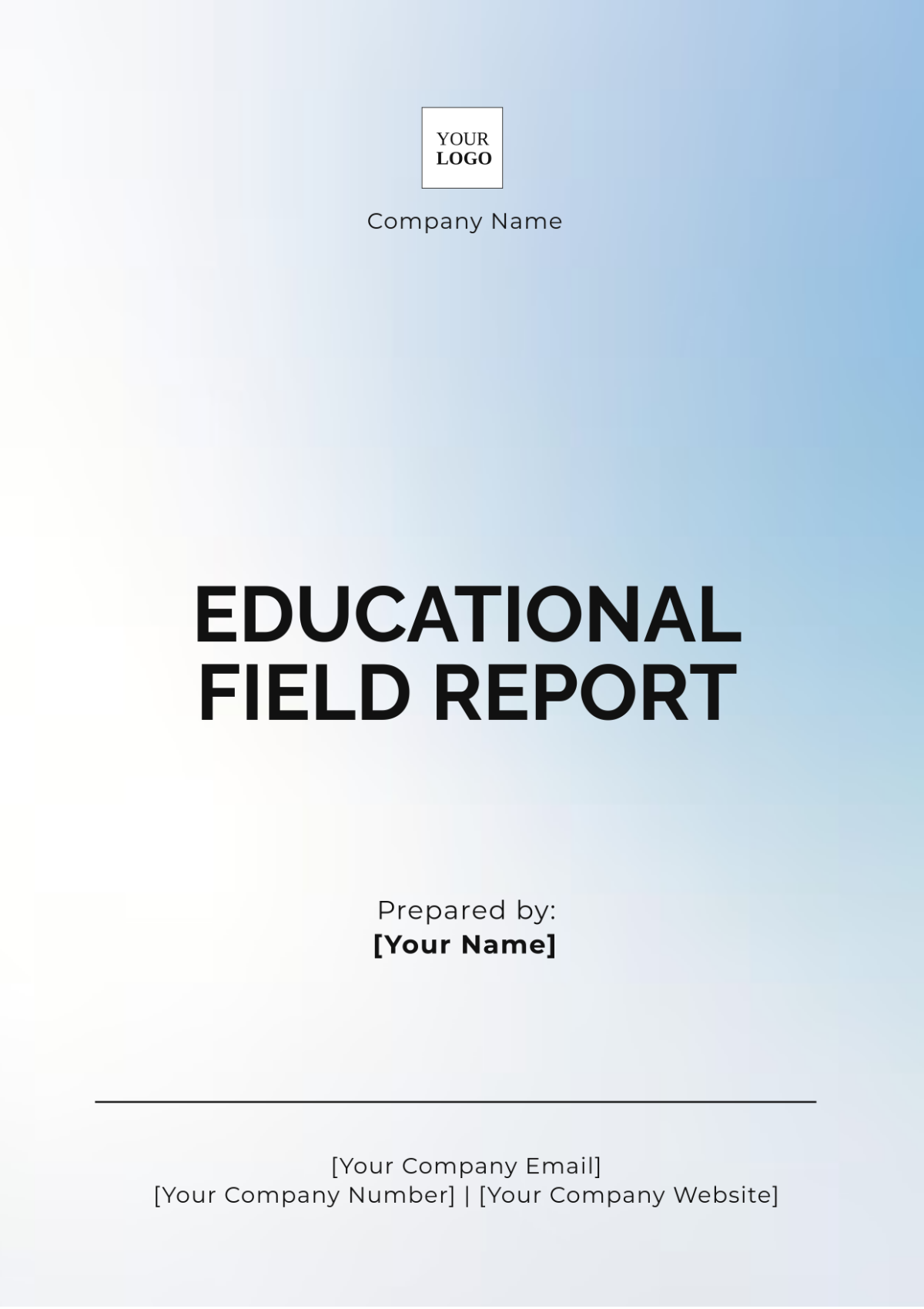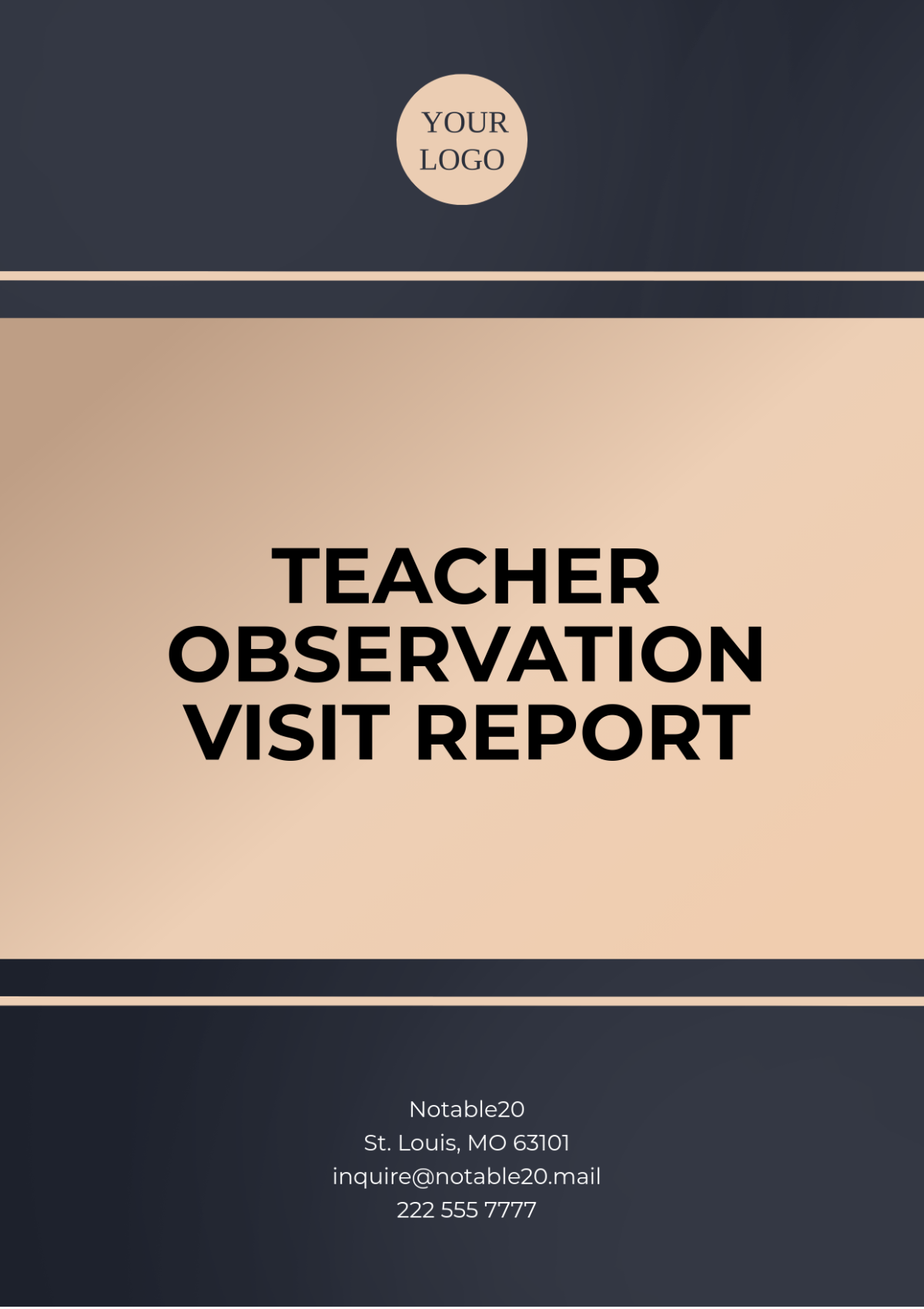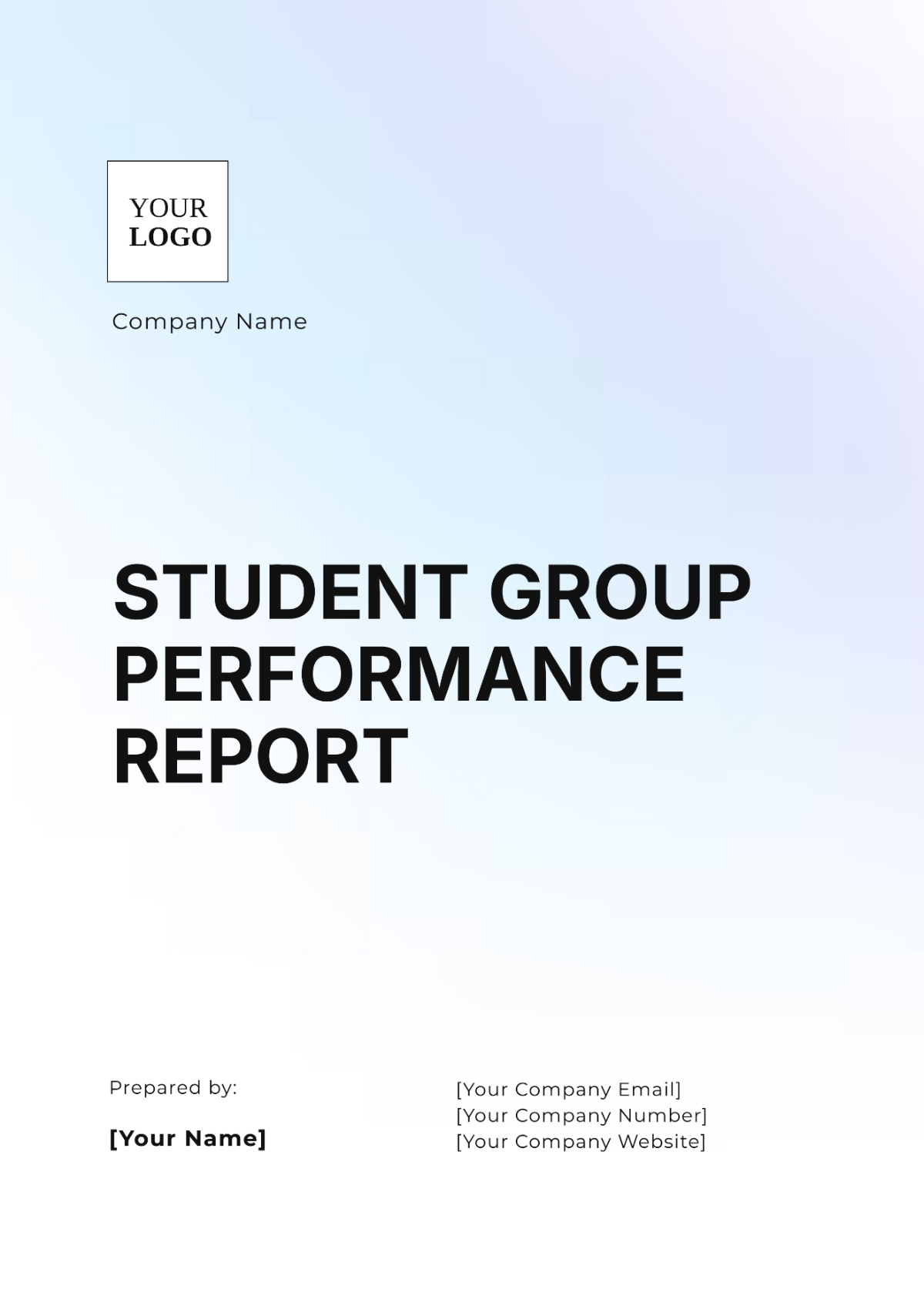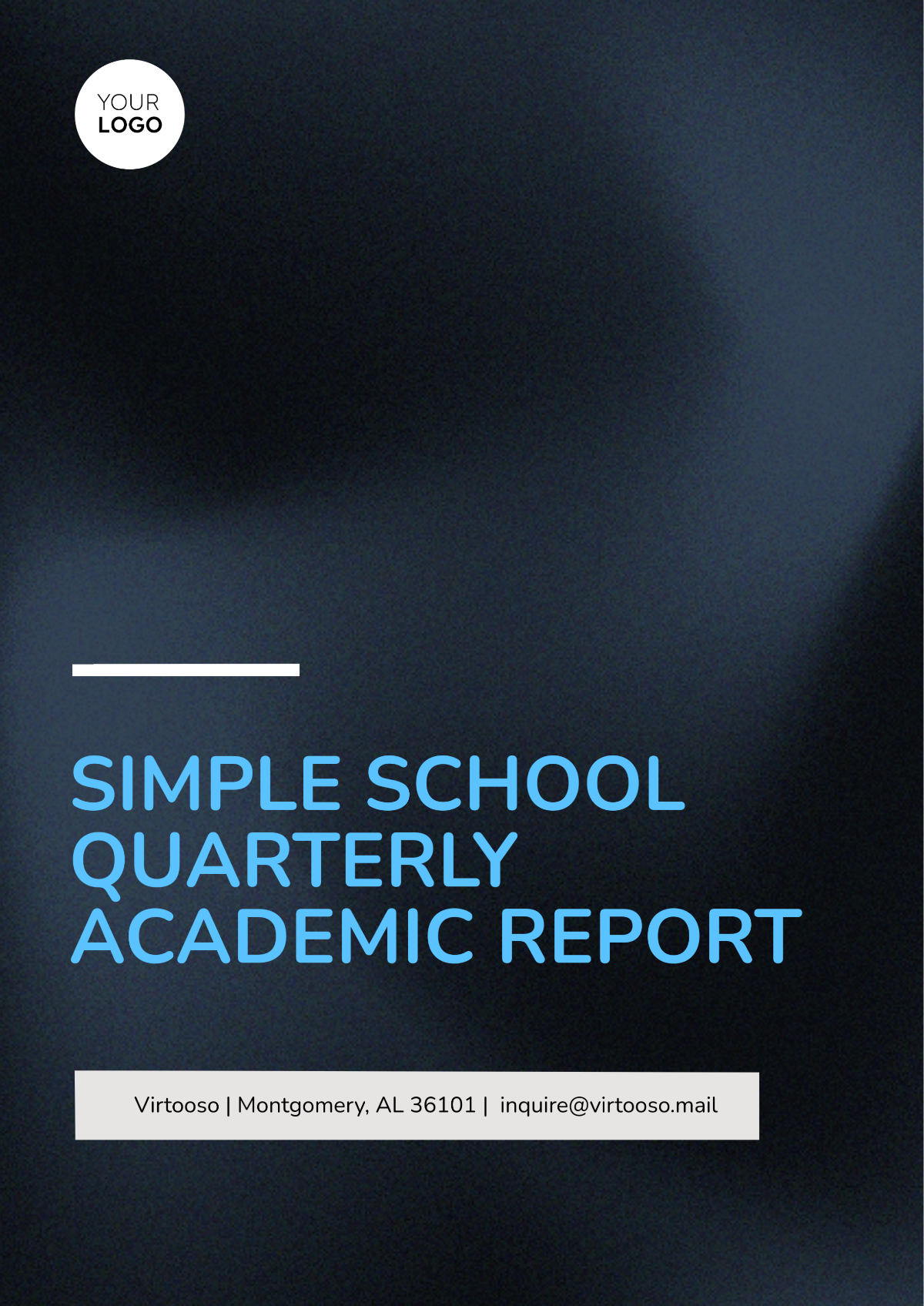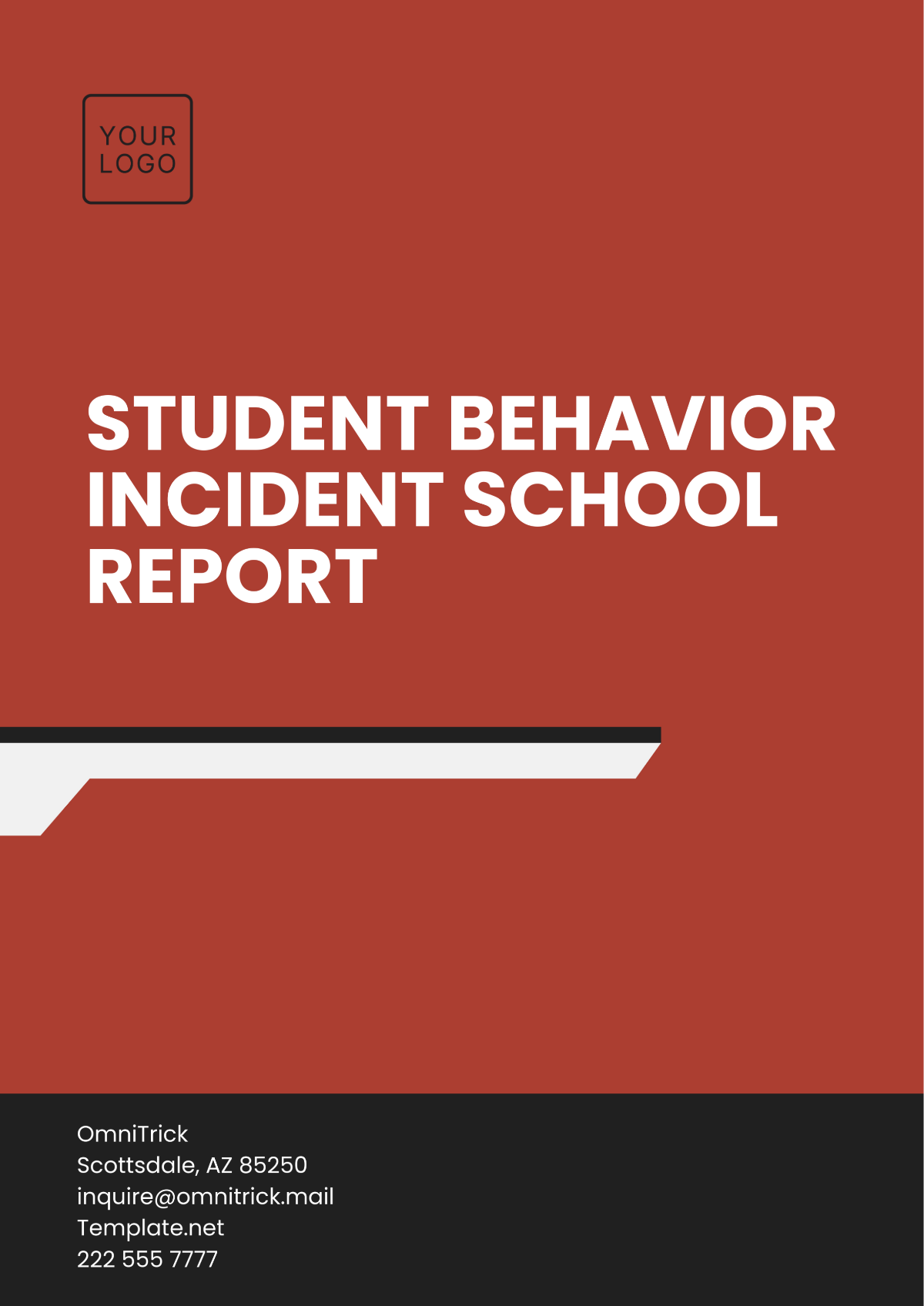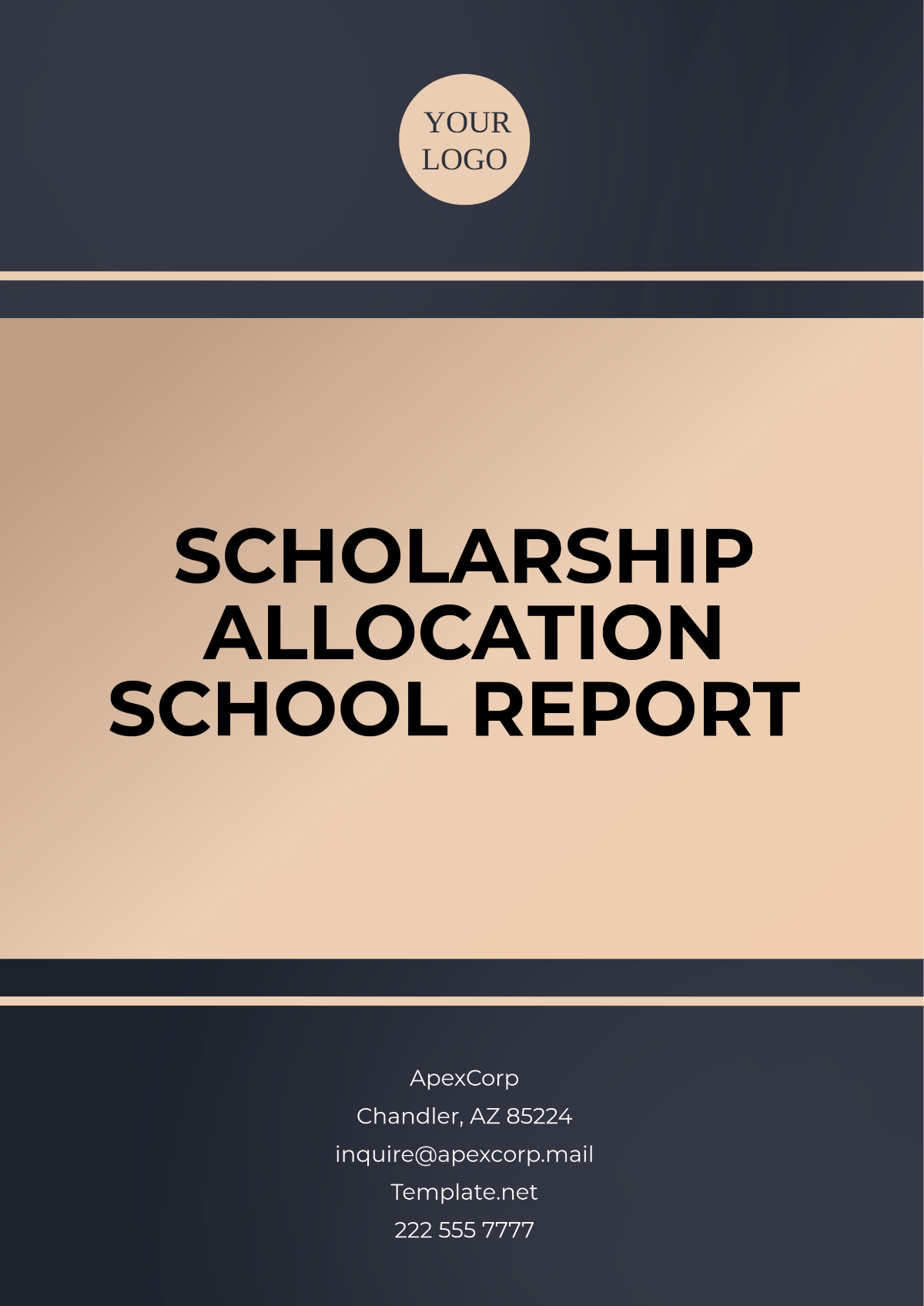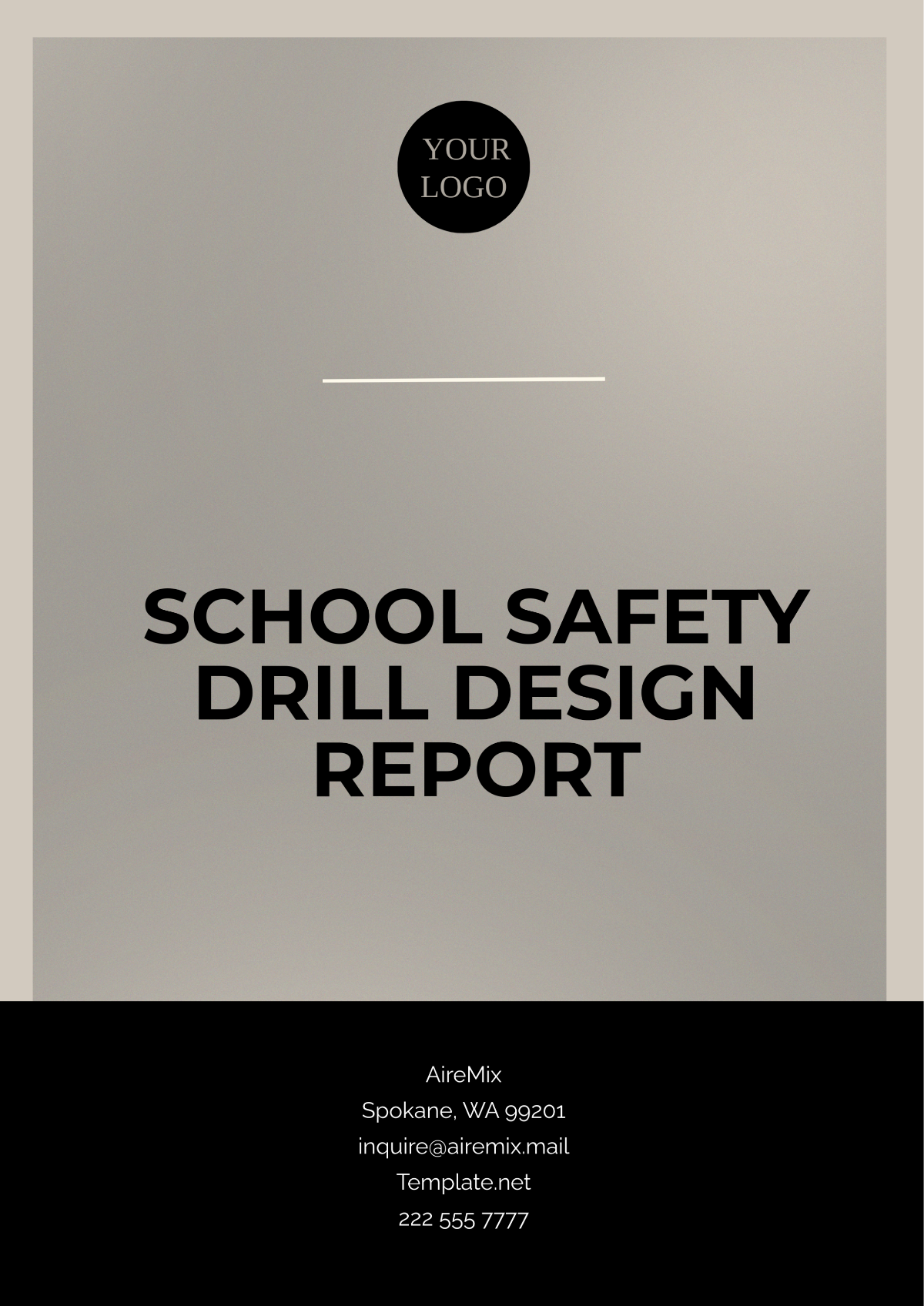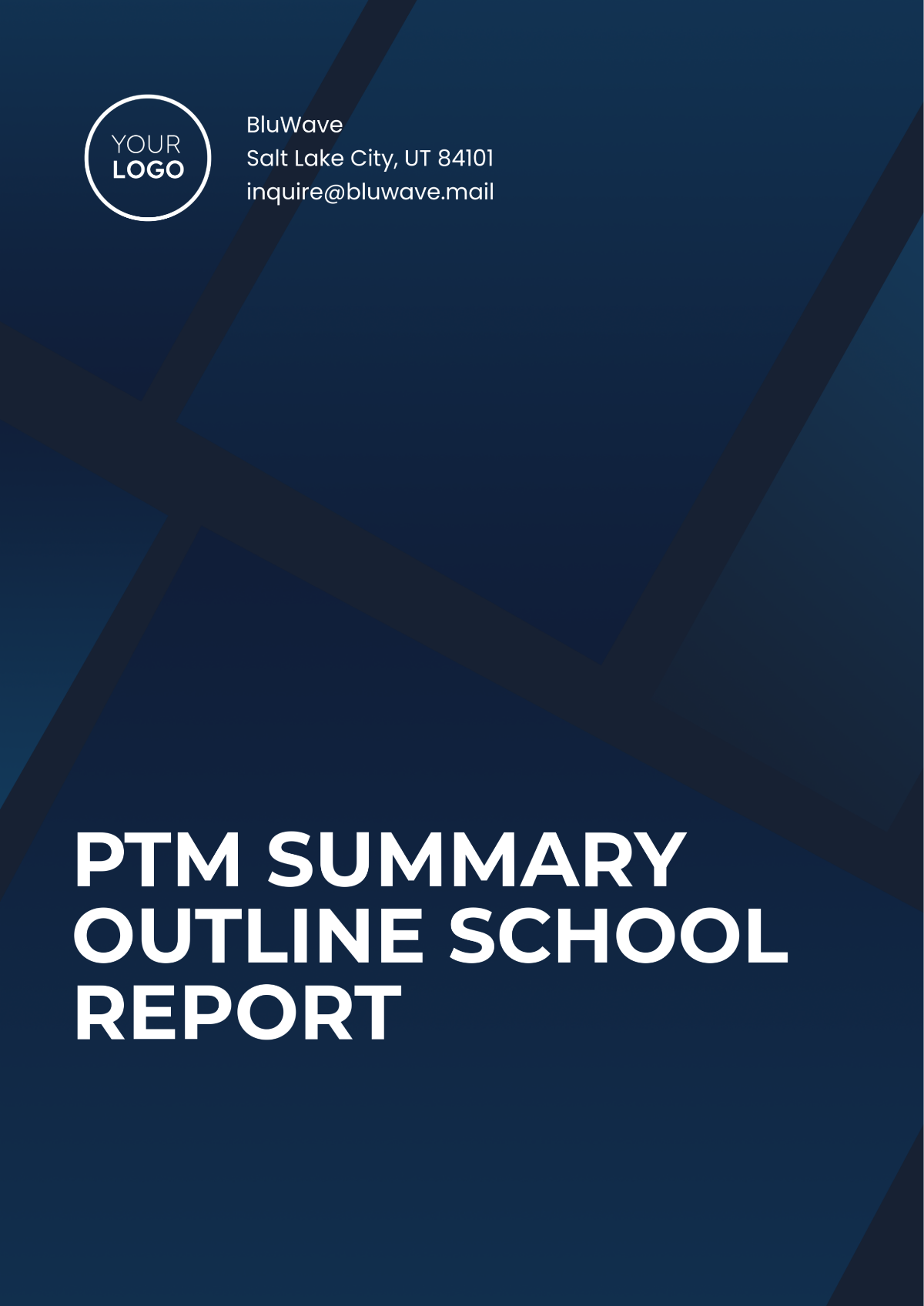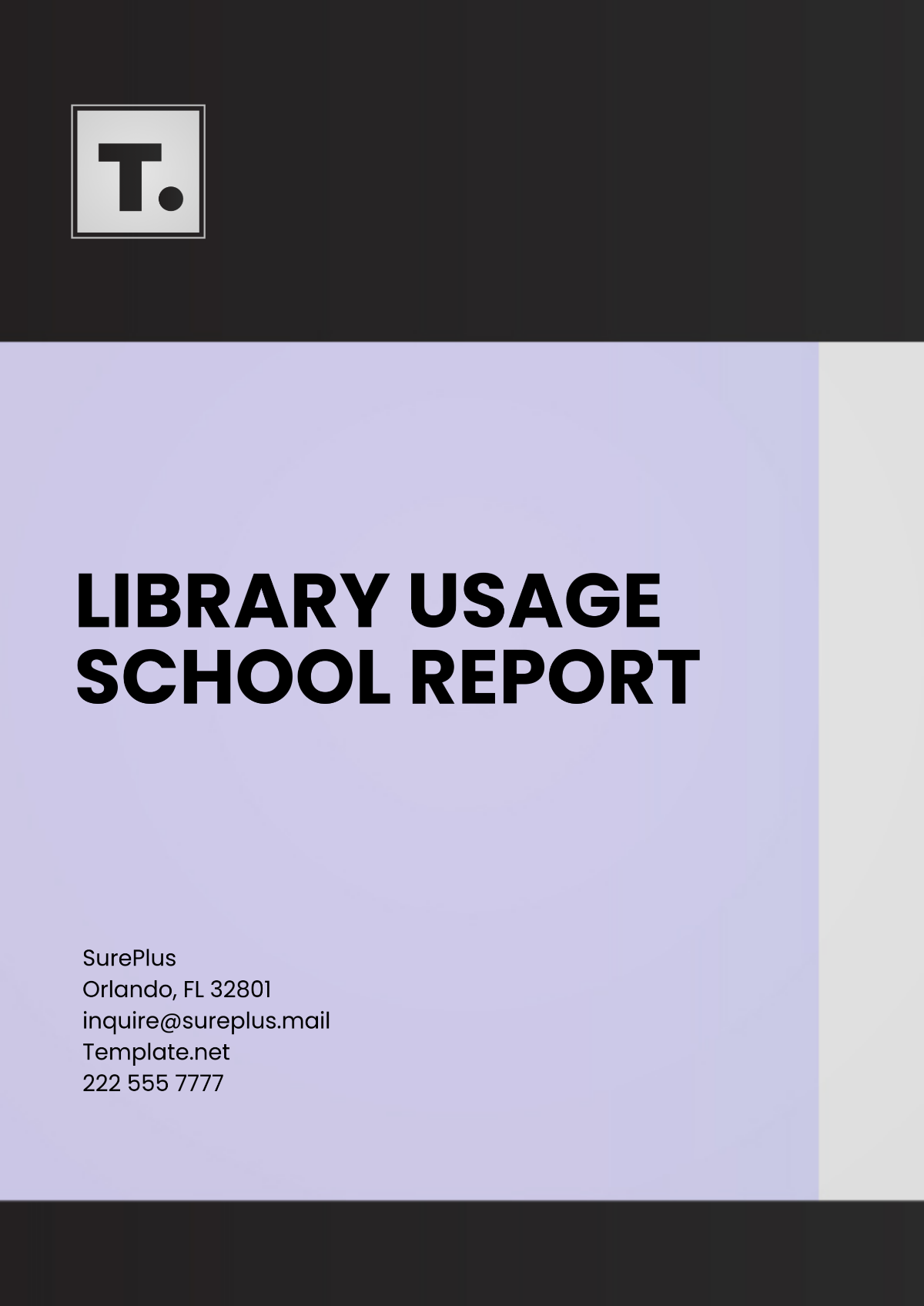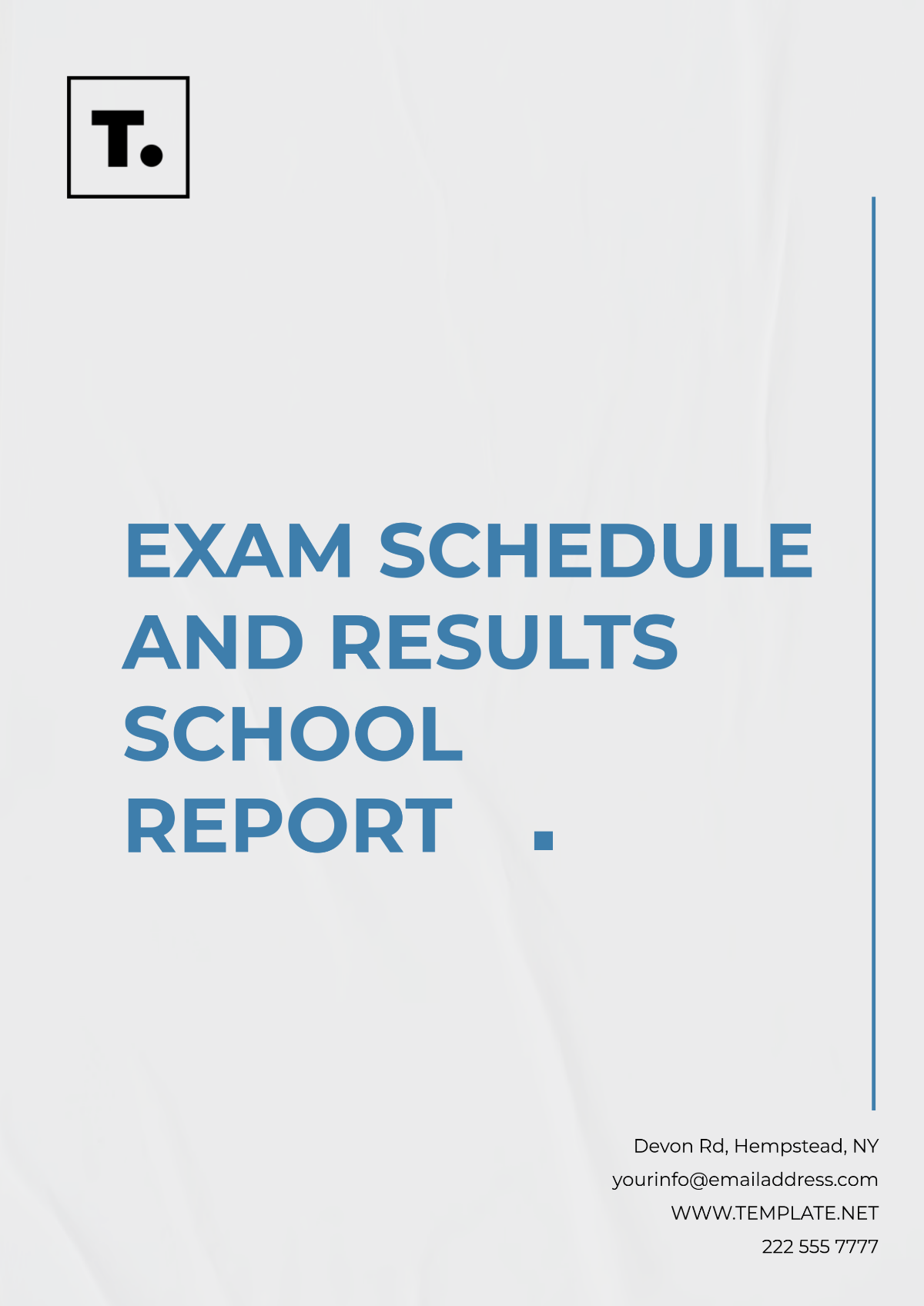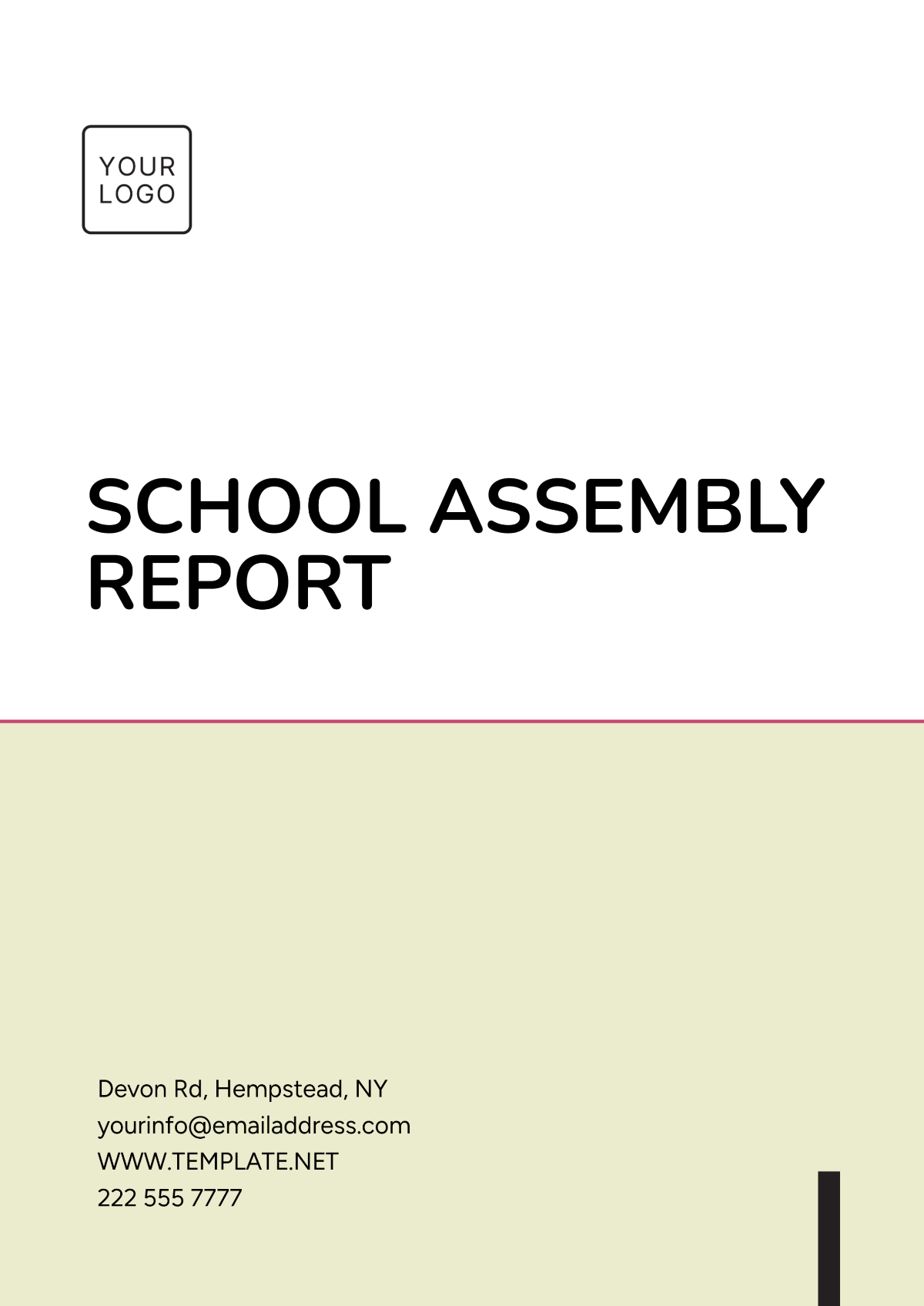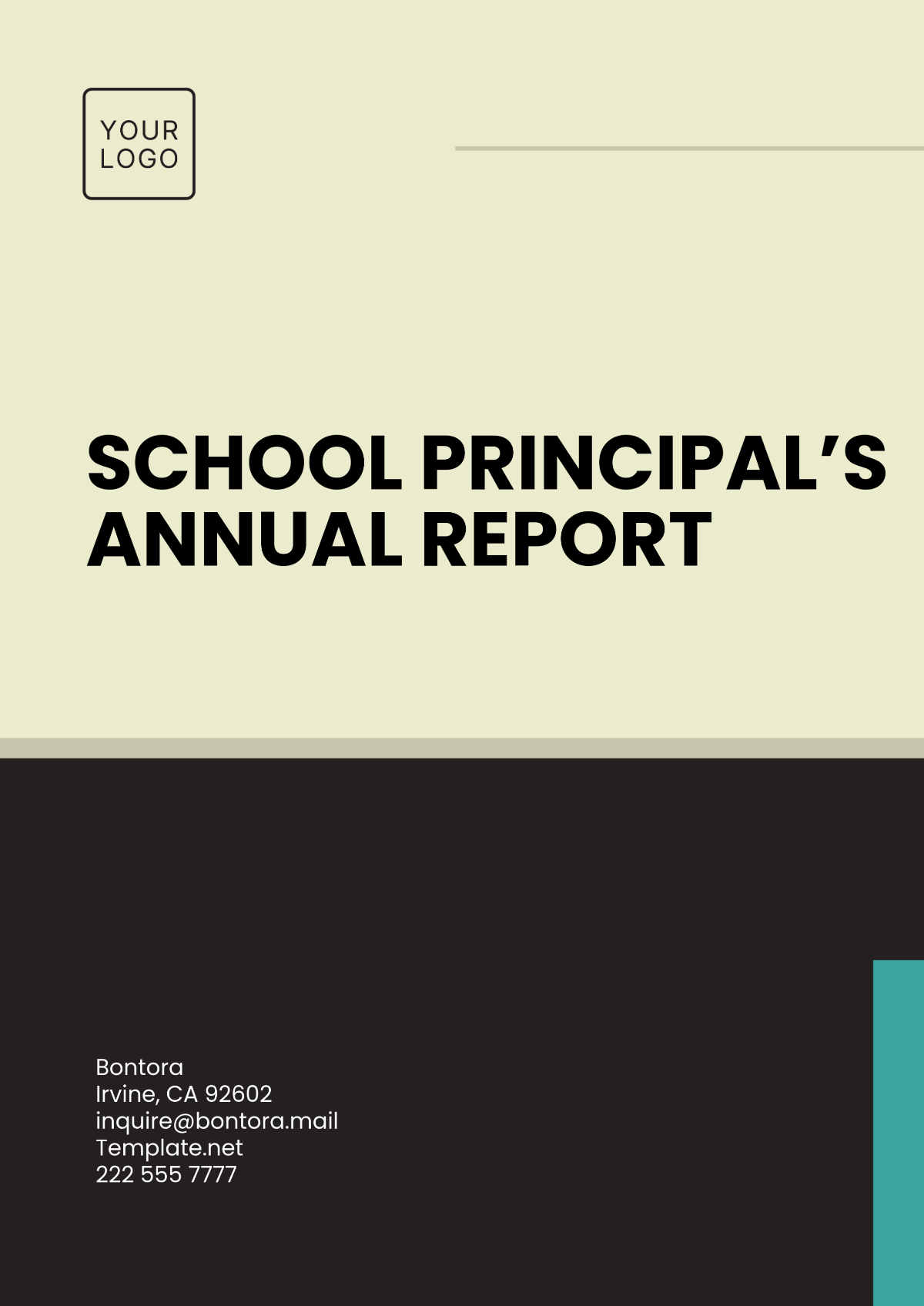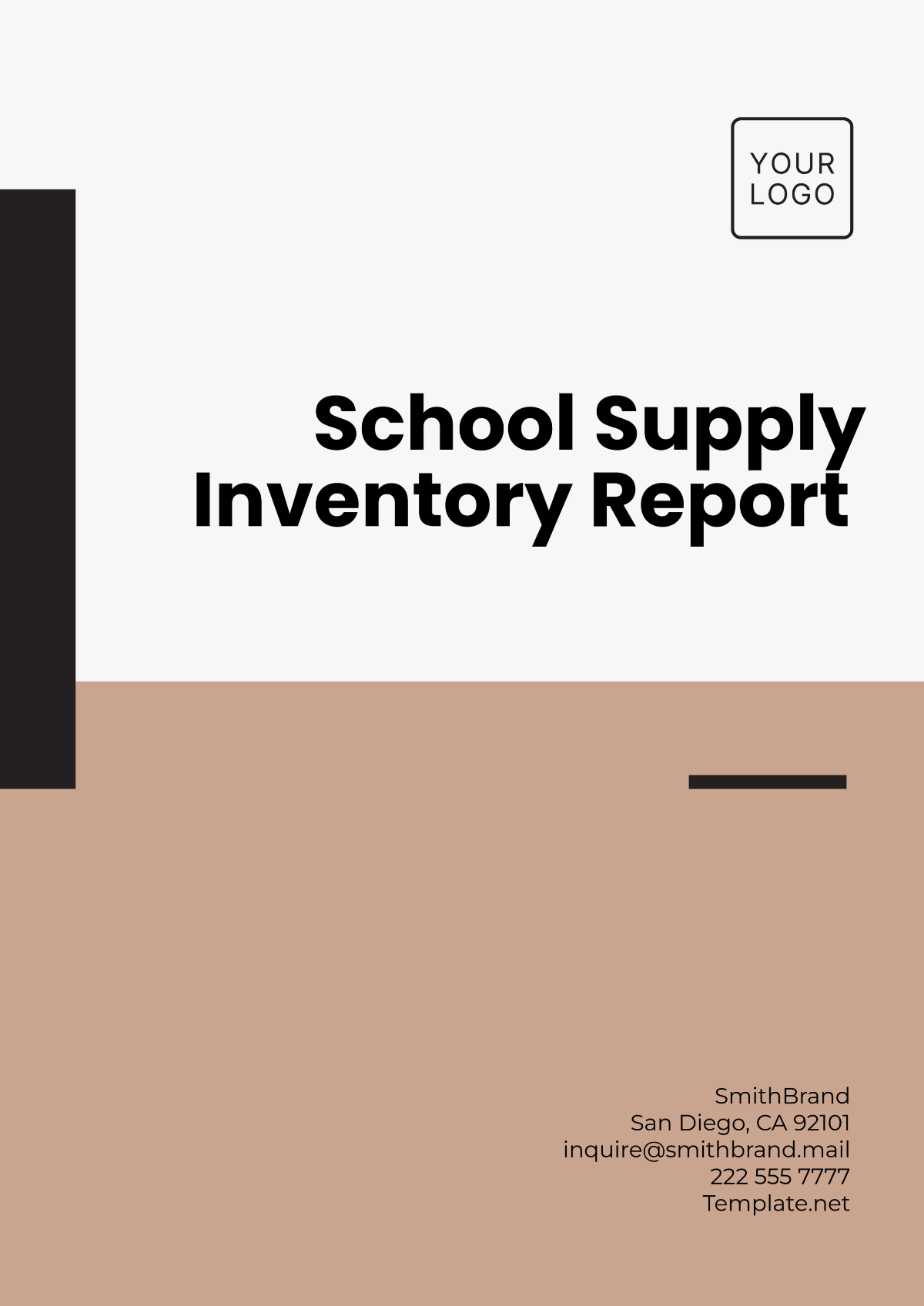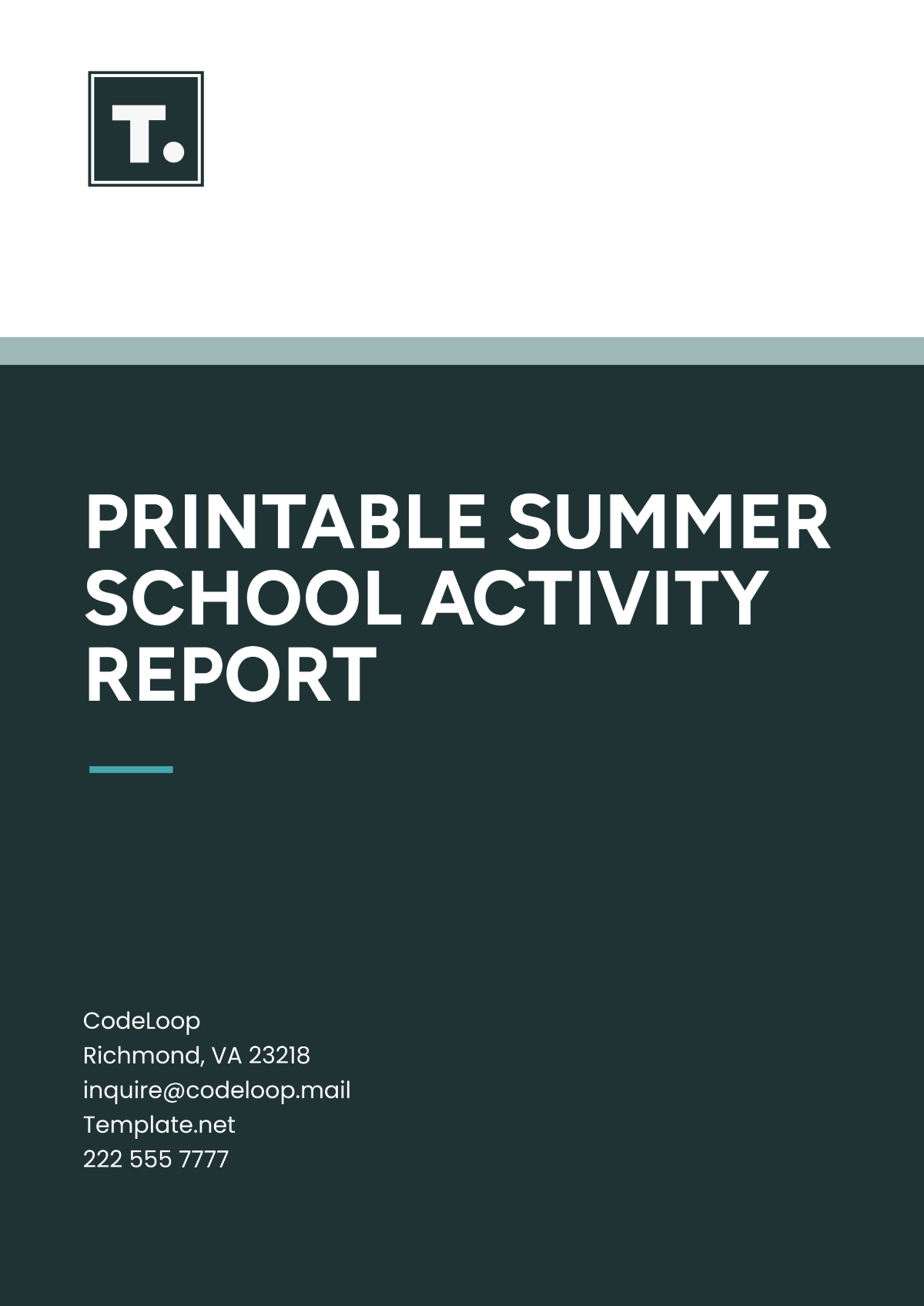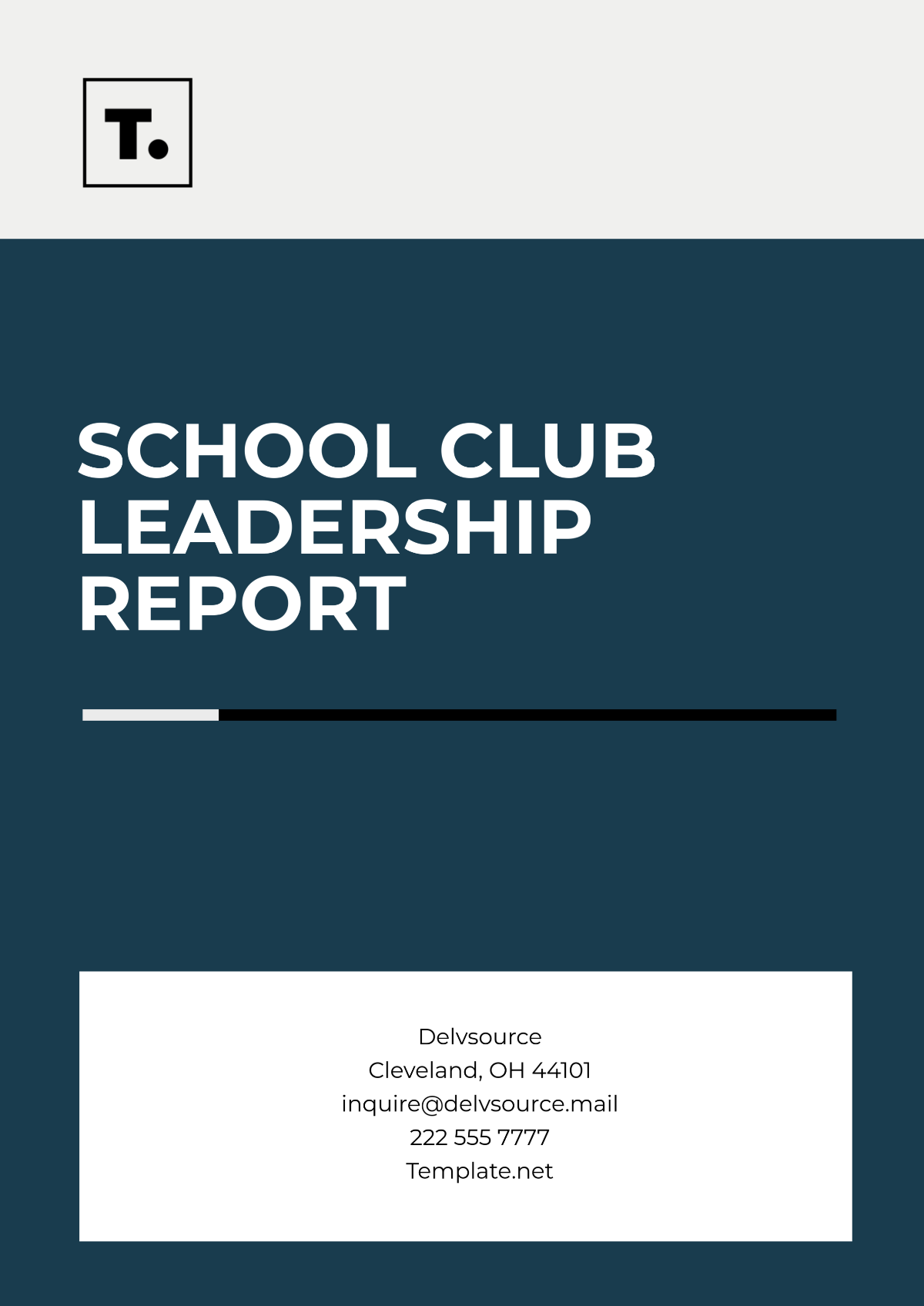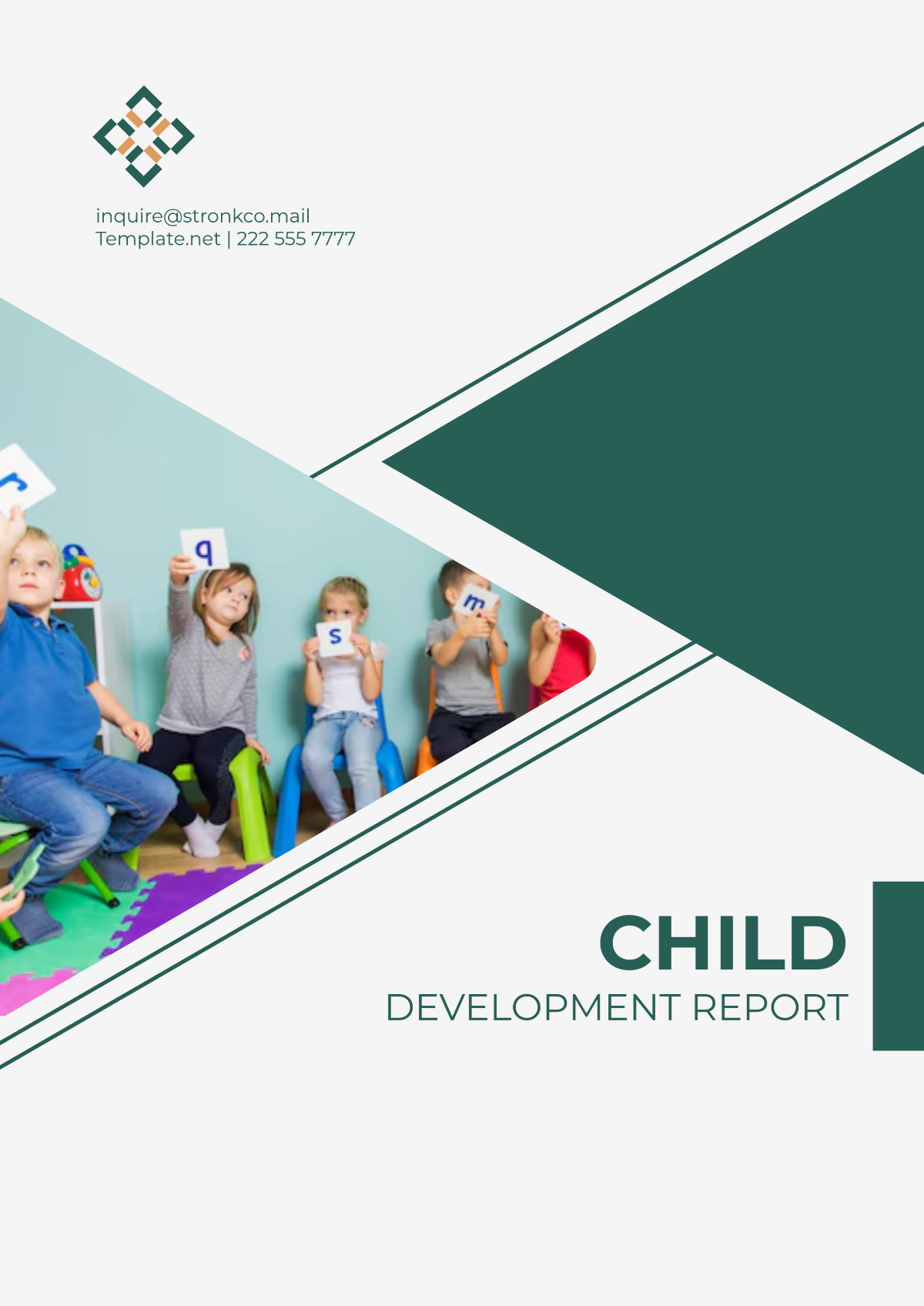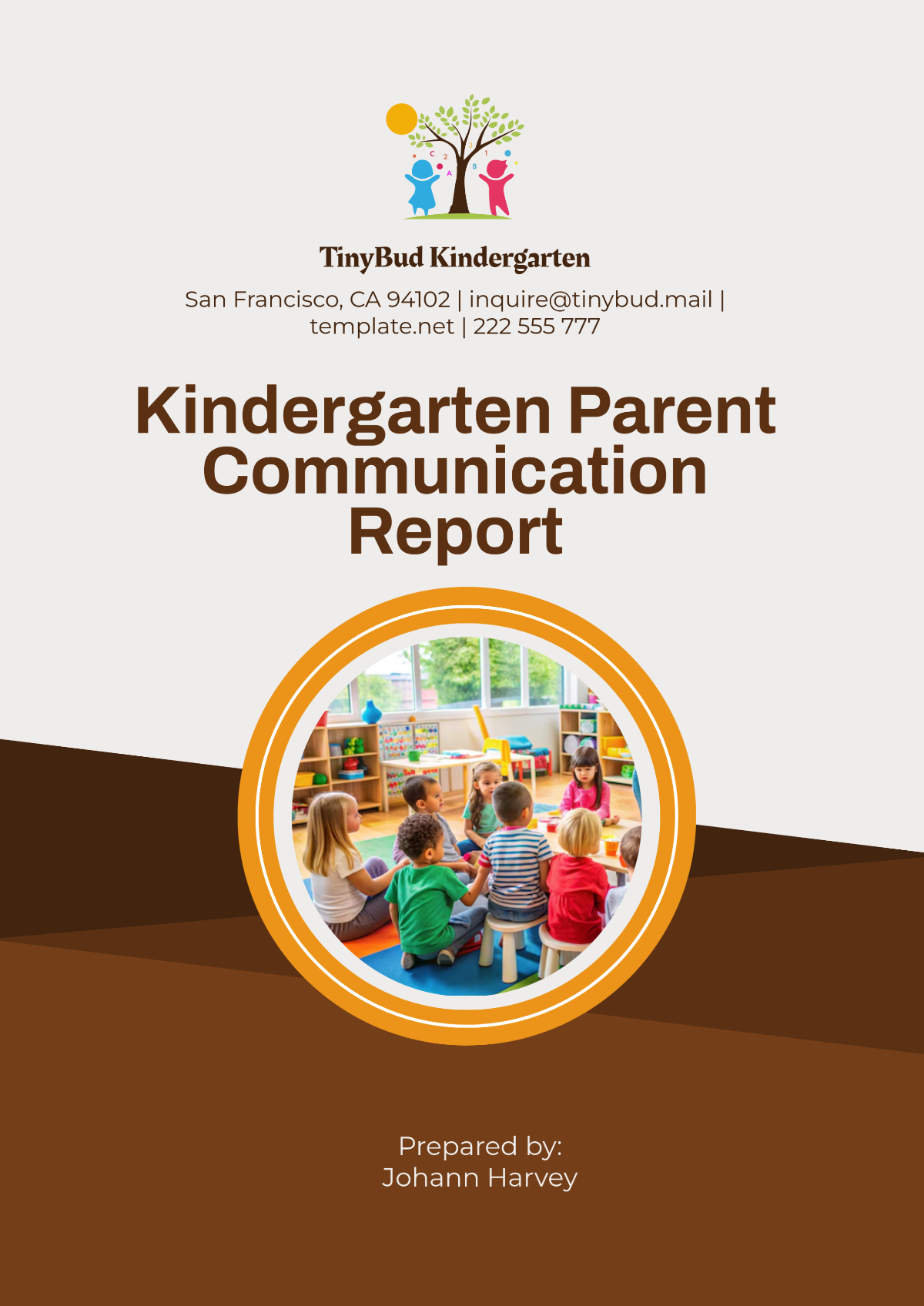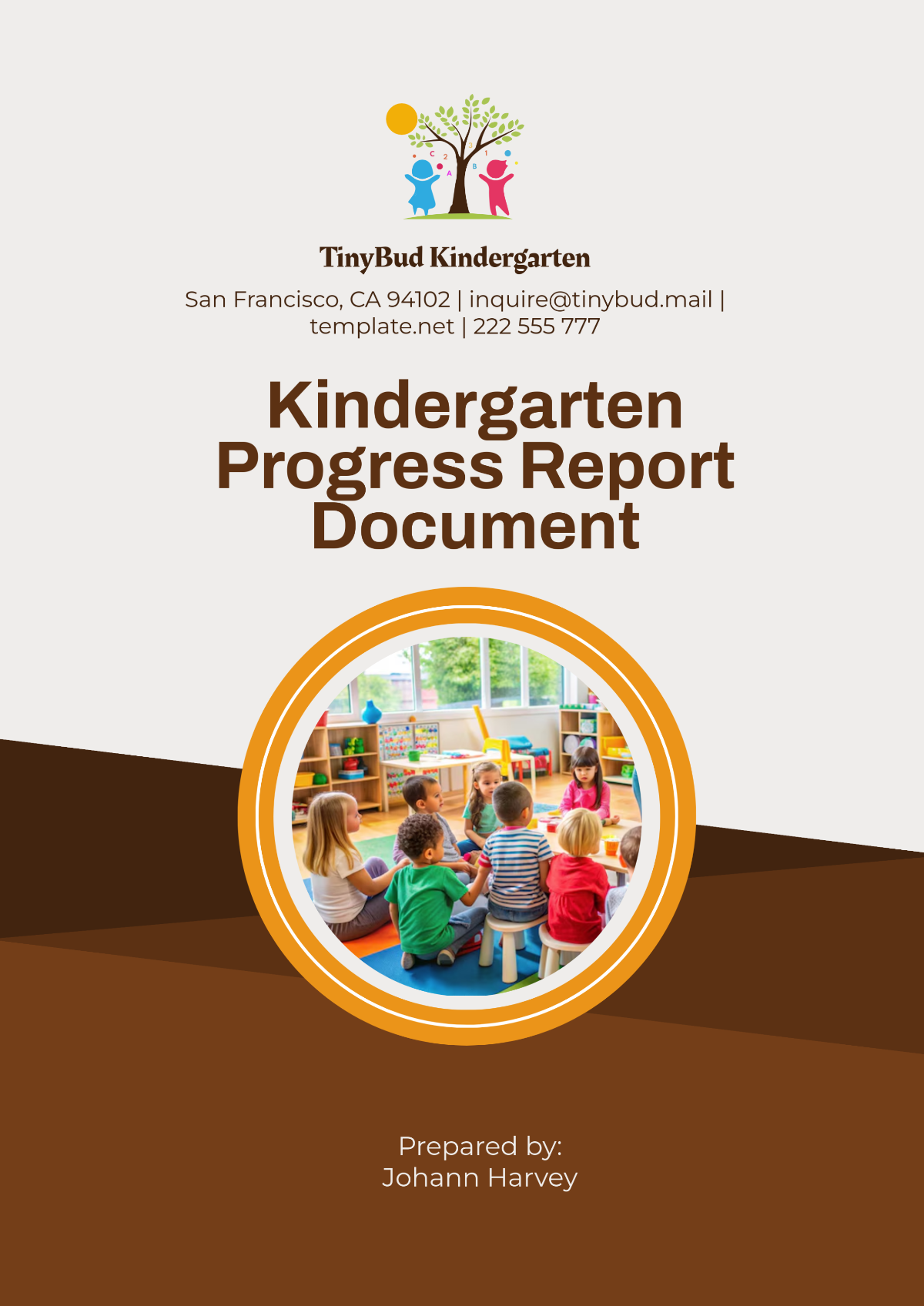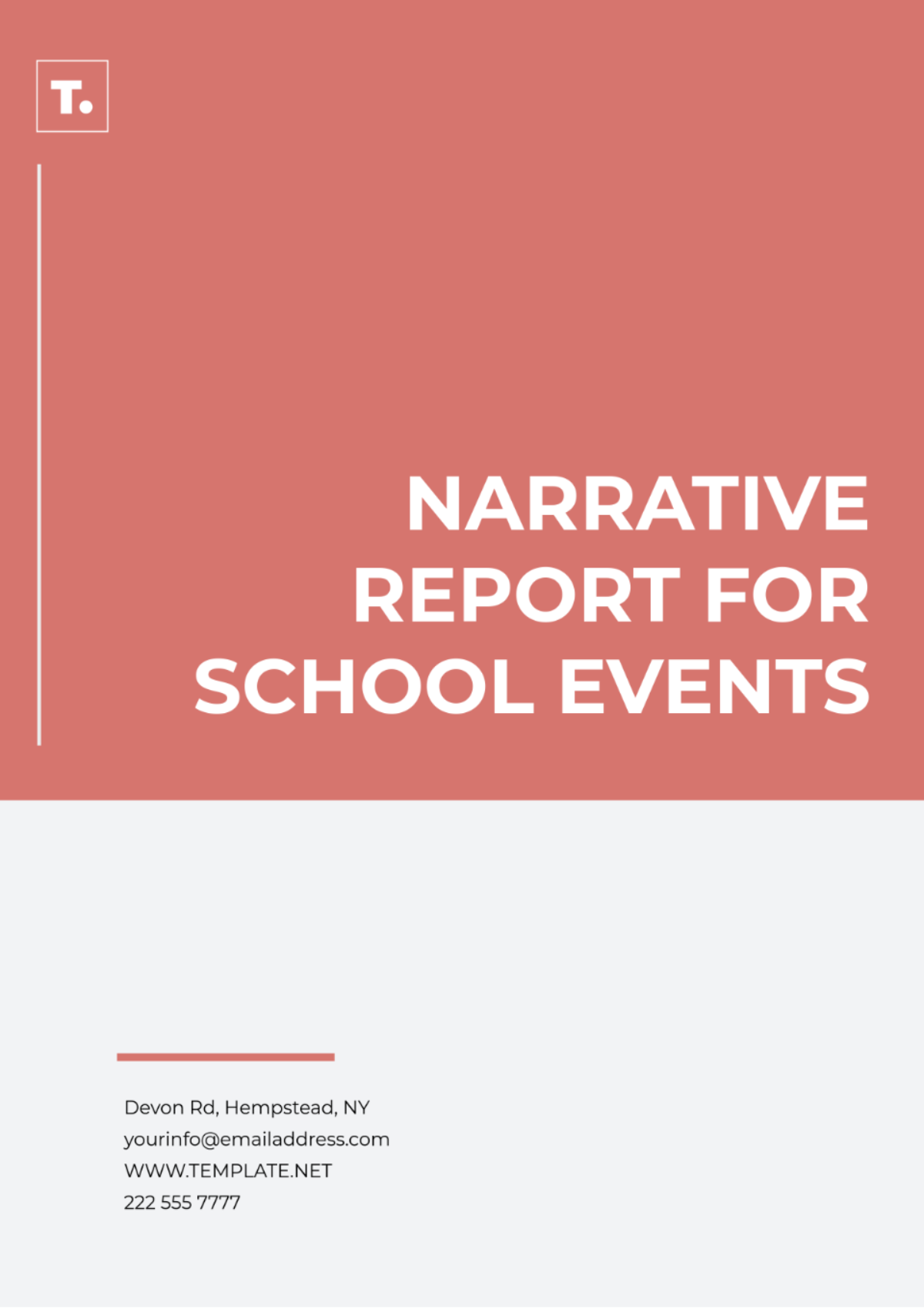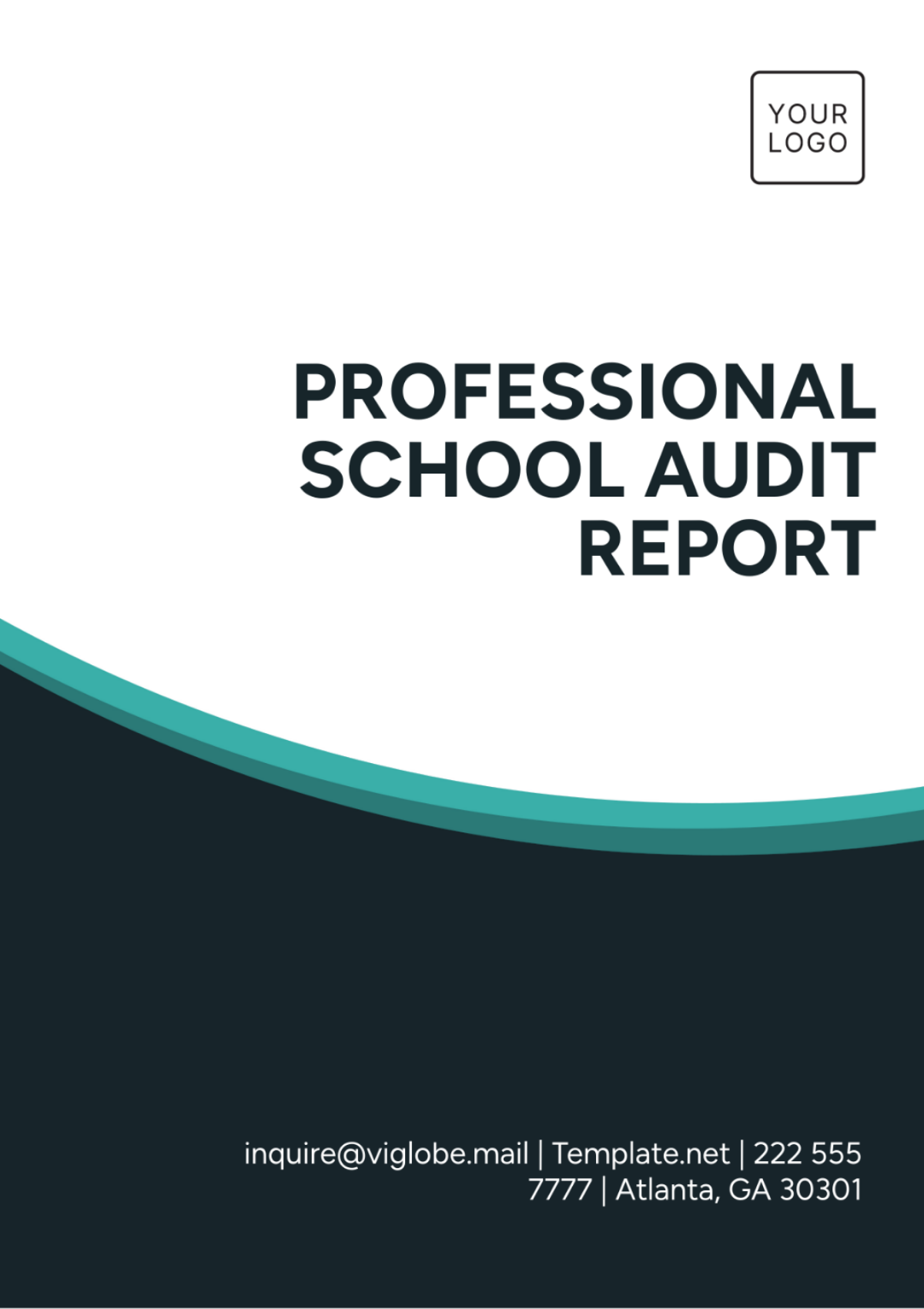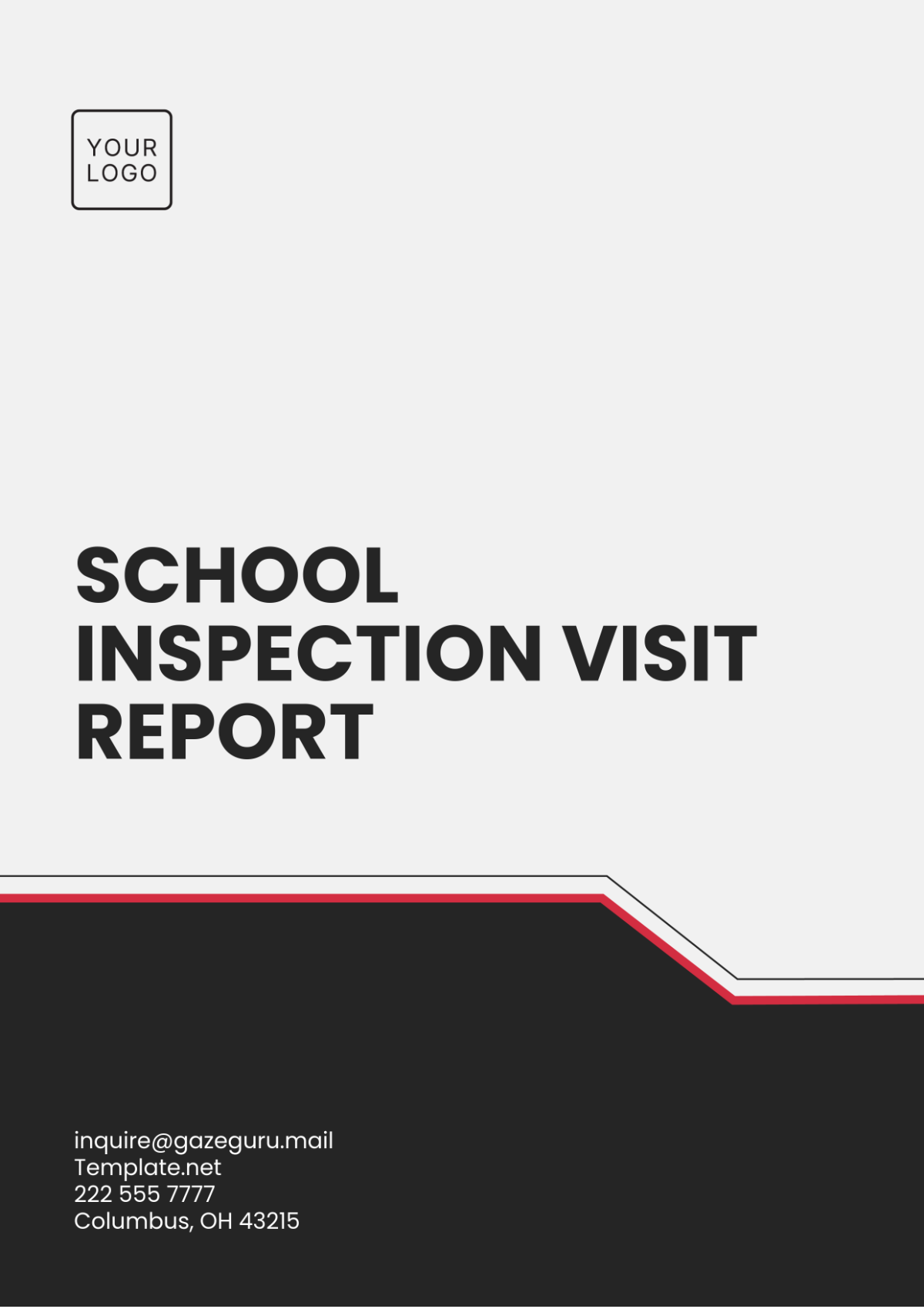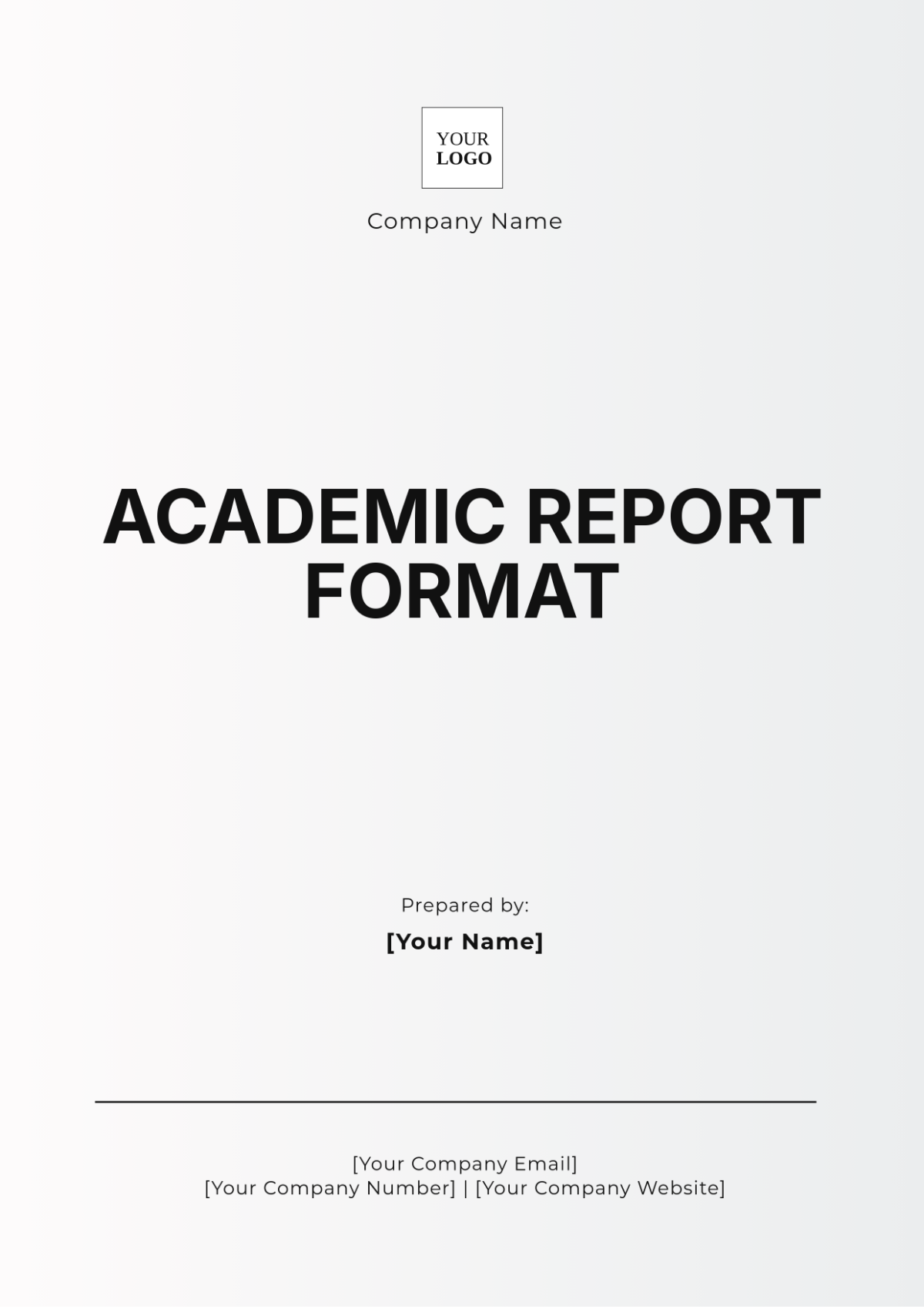Academic School Project Report
Title | The Impact of Online Learning on Student Performance |
|---|---|
Student Name: | [Your Name] |
Course Name: | [Course title] |
Date of Submission: | [Submission date] |
I. Abstract
This study compares the academic achievements of students in online courses and traditional classrooms across various subjects. Using a mixed-methods approach, including surveys and interviews, we found that while online learners perform comparably in some areas, differences exist across academic disciplines. These findings highlight the importance of tailored strategies for optimizing online learning platforms.
II. Introduction
This study compares student performance in online versus traditional classrooms across various subjects to discern performance differences and influencing factors. Utilizing a mixed-methods approach with surveys and interviews, the research seeks to assess the effectiveness of online learning, aiming to inform stakeholders and enhance virtual educational platforms for improved student outcomes.
III. Literature Review
Research on online learning shows its mixed impact on students and increasing educational adoption, with studies assessing its merits against conventional classrooms. Theories like the Community of Inquiry and Transactional Distance provide a framework for understanding its social, cognitive, and interactive aspects.
Research indicates varying impacts of online learning on student performance, with effectiveness differing across disciplines and hinging on student motivation, tech proficiency, and teaching quality. Despite offering greater accessibility and flexibility, online learning poses challenges like social isolation and potential issues with academic integrity.
This review synthesizes research to explore the complex relationship between online learning dynamics and student outcomes, aiming to enhance knowledge and support further studies across various academic fields.
IV. Methodology
This study utilizes a mixed-methods approach to examine the influence of online learning on student performance.
Data Collection: Surveys were administered to students in online and traditional classrooms to gather quantitative data on academic achievements and perceptions. Additionally, in-depth interviews were conducted with educators to gain qualitative insights into instructional practices and student engagement.
Survey Design: Tailored to capture various aspects of student performance, surveys focused on grades, course satisfaction, and perceived learning outcomes. They were distributed electronically for efficient data collection.
Quantitative Analysis: Statistical analyses, including descriptive and inferential statistics, were conducted to compare student outcomes between online education platforms and traditional classrooms, assessing the significance of differences.
Qualitative Analysis: Thematic analysis of interviews identified patterns and insights regarding instructional strategies and student experiences.
This methodology aims to provide a comprehensive analysis of online learning's impact on student performance, combining quantitative and qualitative data effectively.
V. Results
A. Quantitative Findings
Comparability of Academic Achievements: Analysis of survey data indicates that the academic achievements of online learners are comparable to those of traditional learners across various academic disciplines.
Descriptive Statistics: Descriptive statistics like mean scores and standard deviations reveal differences in performance between online and traditional learners by measuring average achievement and score variability respectively.
Inferential Analyses: Statistical tests like t-tests and ANOVA are used to assess if differences in academic achievements between online and traditional learners are statistically significant or simply by chance.
B. Qualitative Insights
Thematic Analysis: Interview data undergo thematic analysis to identify key themes on instructional practices and student engagement. This process systematically categorizes responses to uncover nuanced perspectives.
Instructional Practices: Educators share effective strategies for promoting student interaction, active learning, and timely feedback in both online and traditional classrooms.
Student Engagement: Factors influencing student engagement, such as technology use, community building, and motivation strategies, emerge from interview discussions.
Factors Influencing Performance: Educators discuss how instructional design, student motivation, and technology integration impact student performance in both online and traditional settings.
C. Illustration of Data
(a) Quantitative Findings
Table 1: Comparison of Academic Achievements between Online and Traditional Learners
Academic Discipline | Online Learners (Mean Score ± SD) | Traditional Learners (Mean Score ± SD) |
|---|---|---|
Mathematics | 85.2 ± 3.4 | 84.6 ± 3.1 |
Science | 78.9 ± 2.9 | 79.5 ± 3.2 |
Language Arts | 87.6 ± 3.7 | 88.2 ± 3.5 |
History | 82.3 ± 3.1 | 81.8 ± 2.8 |
This table compares the mean scores (with standard deviations) of online and traditional learners across various academic disciplines, providing a clear visual representation of their academic achievements.
(b) Qualitative Insights
Key Themes:
Instructional Practices:
Strategies for promoting student interaction
Facilitating active learning
Providing timely feedback
Student Engagement:
Role of technology in fostering interactive learning experiences
Importance of building a supportive learning community
Strategies for maintaining student motivation and participation
Factors Influencing Student Performance:
Impact of course structure and organization on learning outcomes
Role of student motivation and self-regulation in online learning success
Strategies for addressing challenges related to technology integration and access
VI. Discussion
The discussion section interprets the results of the research questions, analyzes their significance, and discusses any limitations or implications. It explores the factors influencing student performance in online learning and suggests strategies for improvement.
VII. Conclusion
The conclusion summarizes the key findings of the project, and discusses their The discussion section delves into the interpretation of the results obtained from the research questions, analyzing their significance, and exploring the implications of the findings.
A. Interpretation of Results
The results indicate comparable academic achievements between online and traditional learners across various disciplines. This suggests that online learning can be as effective as traditional classroom instruction in terms of student performance.
B. Significance and Implications:
The findings have significant implications for educational practice and policy. They underscore the viability of online learning as a legitimate and effective mode of instruction. This is particularly relevant in the context of increasing demand for flexible and accessible education options.
C. Factors Influencing Student Performance:
The discussion explores the factors influencing student performance in online learning, including instructional practices, student engagement, and course structure. Strategies for promoting student interaction, facilitating active learning, and providing timely feedback are identified as crucial elements in enhancing student performance.
D. Limitations and Future Directions:
While the study provides valuable insights, it is not without limitations. The research design may have inherent biases, and the sample size may be limited. Additionally, the study primarily focuses on academic achievements and may not capture other aspects of the learning experience. Future research could explore these areas in greater depth and incorporate longitudinal studies to assess long-term impacts.
E. Implications for Practice
Based on the findings, practice recommendations include implementing effective instructional strategies in online courses, fostering a supportive learning environment, and addressing challenges related to technology integration and access. These recommendations aim to optimize the effectiveness of online learning platforms and improve student outcomes.
VIII. . Appendices
Appendix A: Survey Questionnaire: Contains survey questions on academic achievements, course satisfaction, and learning outcomes for online and traditional learners.
Appendix B: Interview Protocol: Outlines key topics and questions for in-depth interviews with educators experienced in online and traditional instruction.
Appendix C: Raw Data: Includes raw survey responses, academic measures, demographics, and open-ended responses from both learner groups.
Appendix D: Supplementary Analyses: Presents additional statistical analyses, charts, or graphs exploring specific data aspects.

